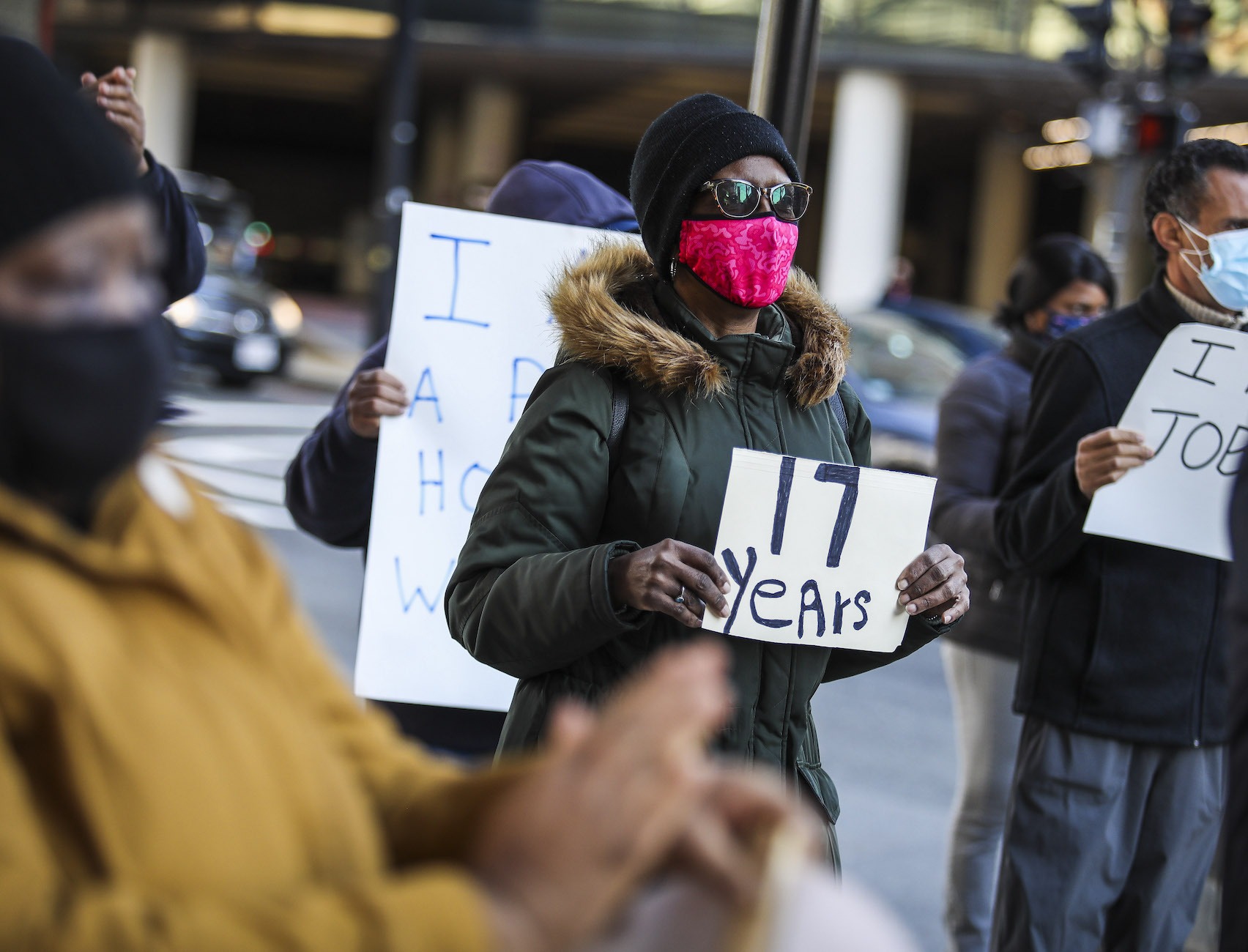
More in Economy
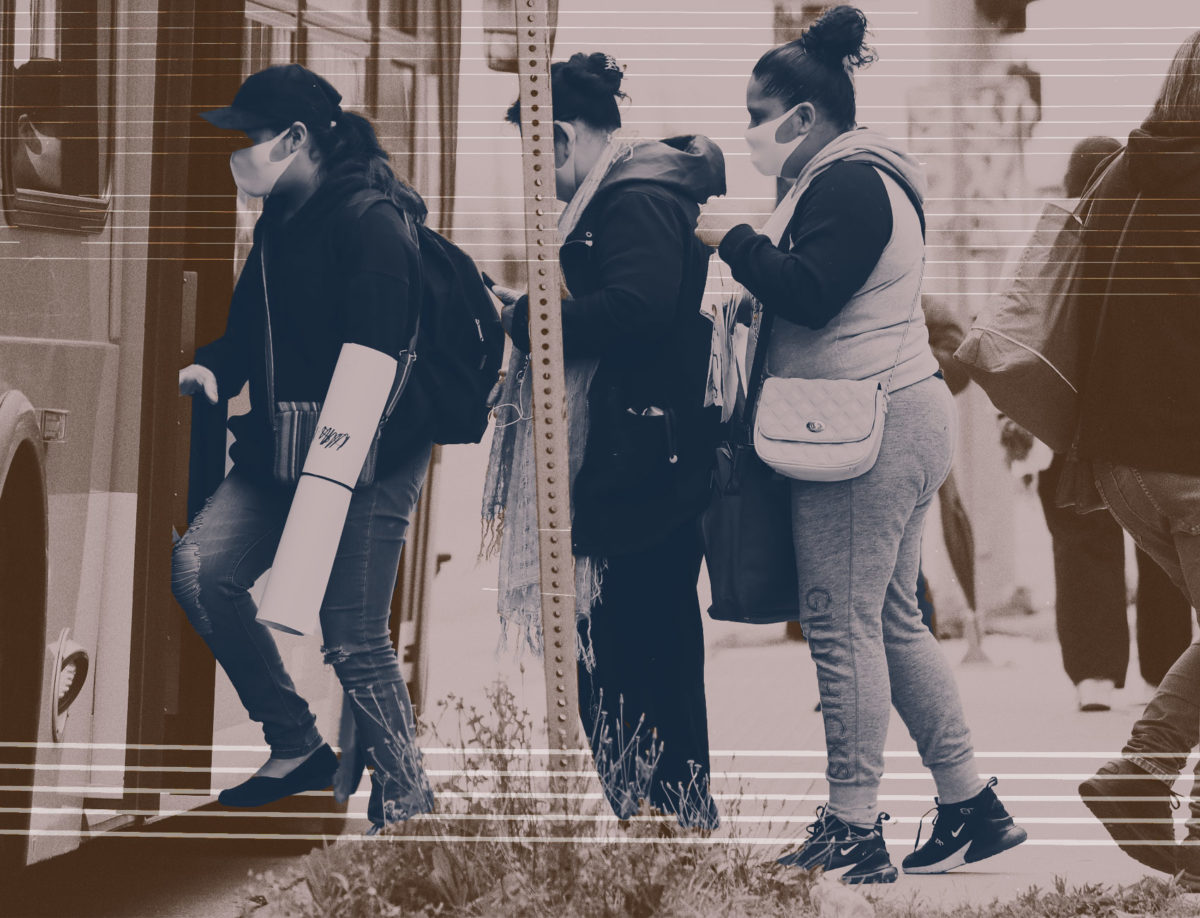
This Biden Nomination Is Extremely Important For Everyday People
The Office of the Comptroller of Currency is responsible for ensuring the safety, soundness, and broad accessibility of financial institutions. President Biden must choose someone to lead the agency who brings expertise and relevant lived experience to the job.
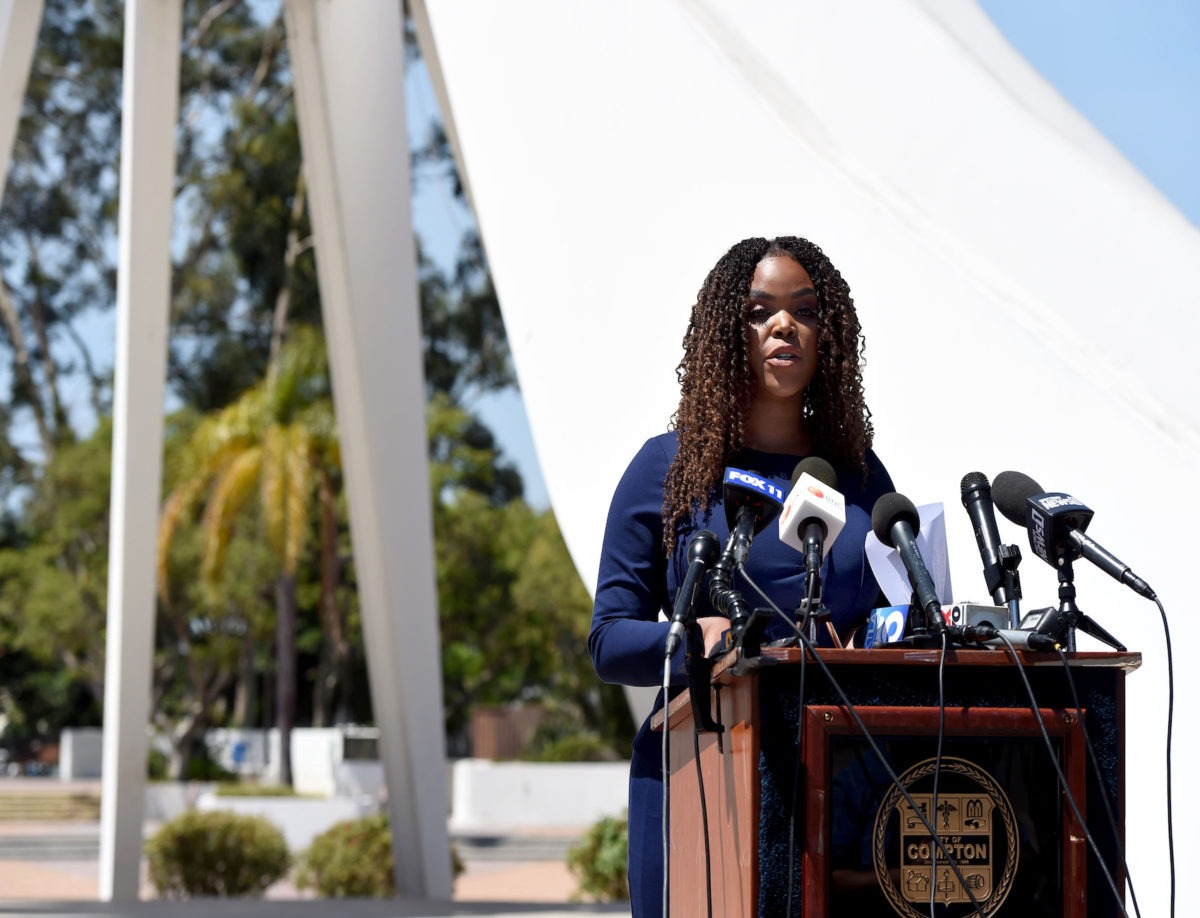
Compton Joins the Growing Number of U.S. Cities to Launch a Guaranteed Income Program
The California city began distributing out up to $600 monthly to low-income residents.
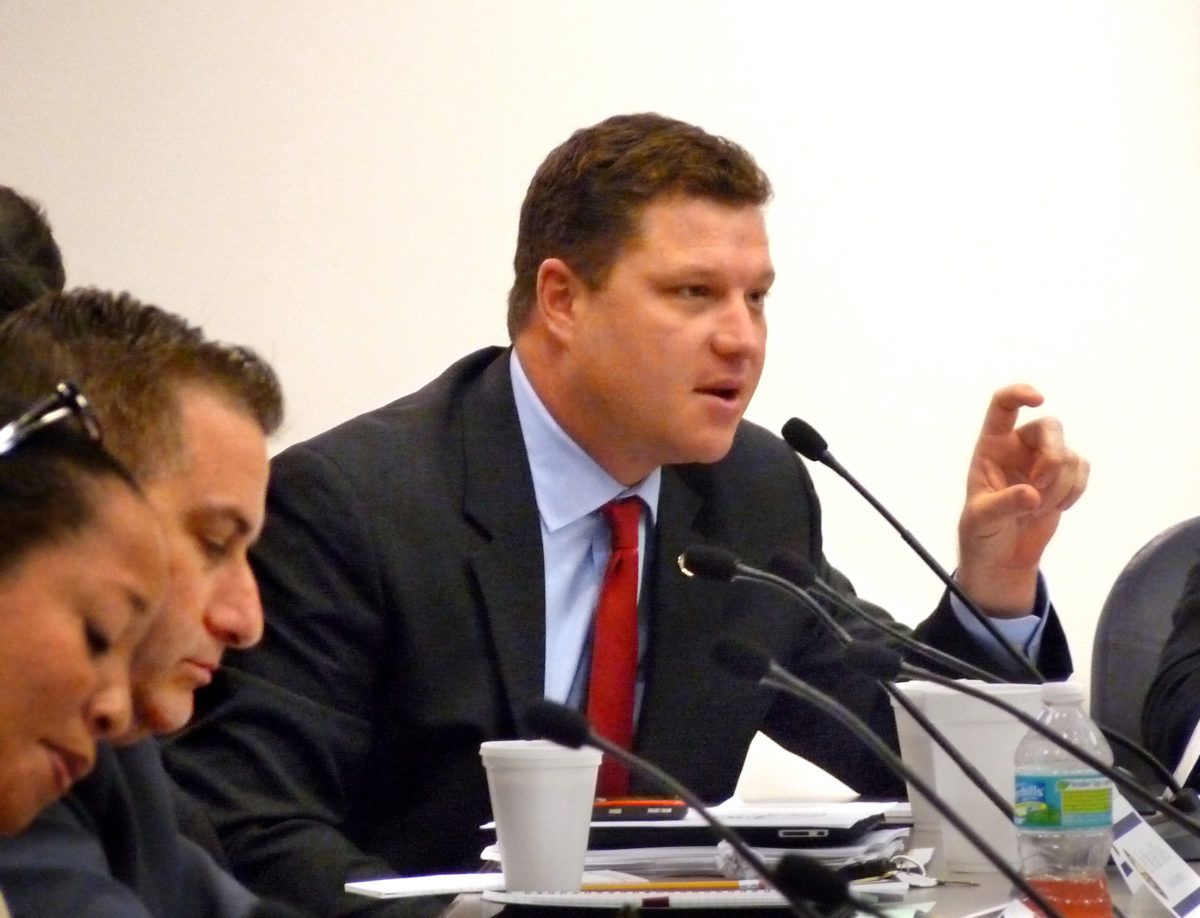
A Florida Senator Wants to Exclude People With Felony Convictions From the State’s Minimum Wage Increase
It’s the latest bill in the state legislature’s long history of meddling with voter-approved amendments.
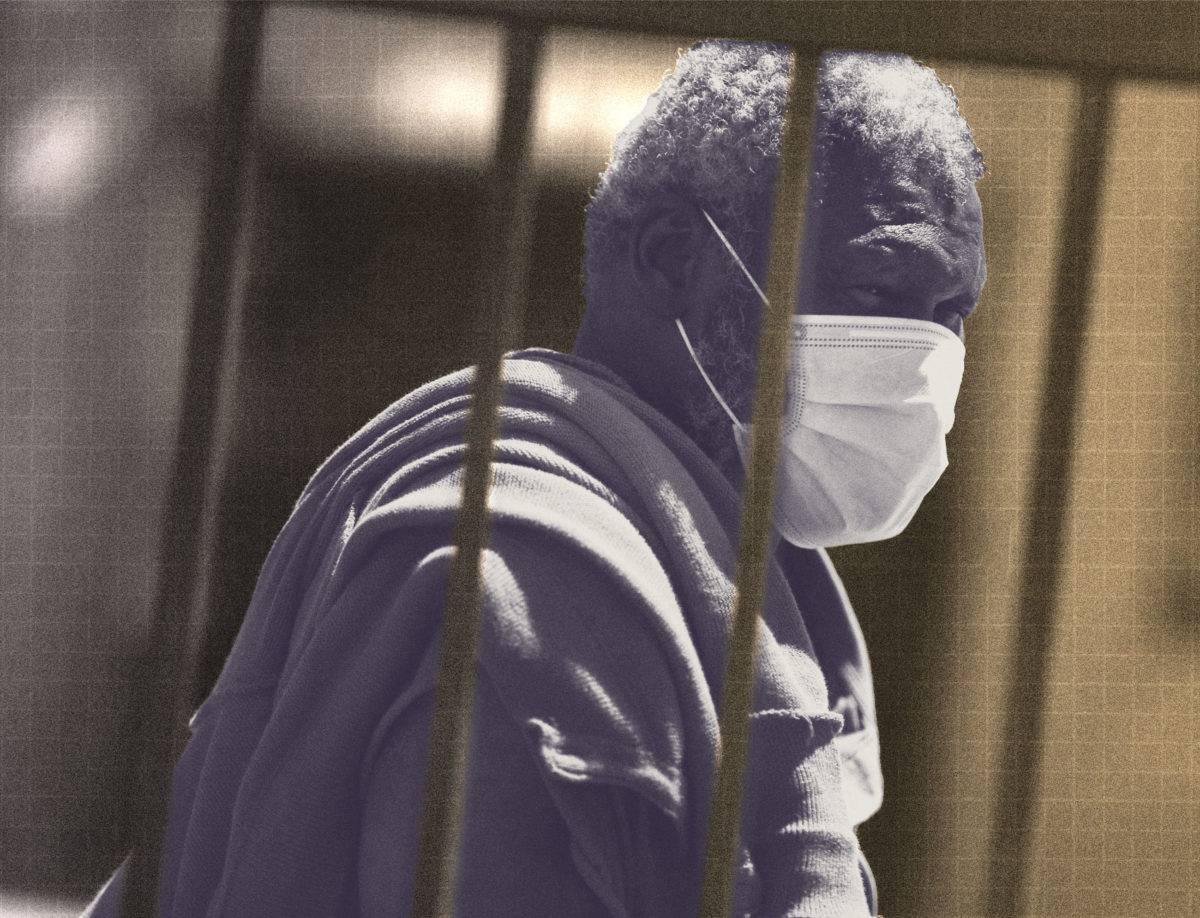
People in Prisons and Jails Should Get COVID-19 Vaccines As Early as Possible
The coronavirus has ripped through our prison and jail populations, infecting and killing hundreds of thousands of people most vulnerable to COVID-19.
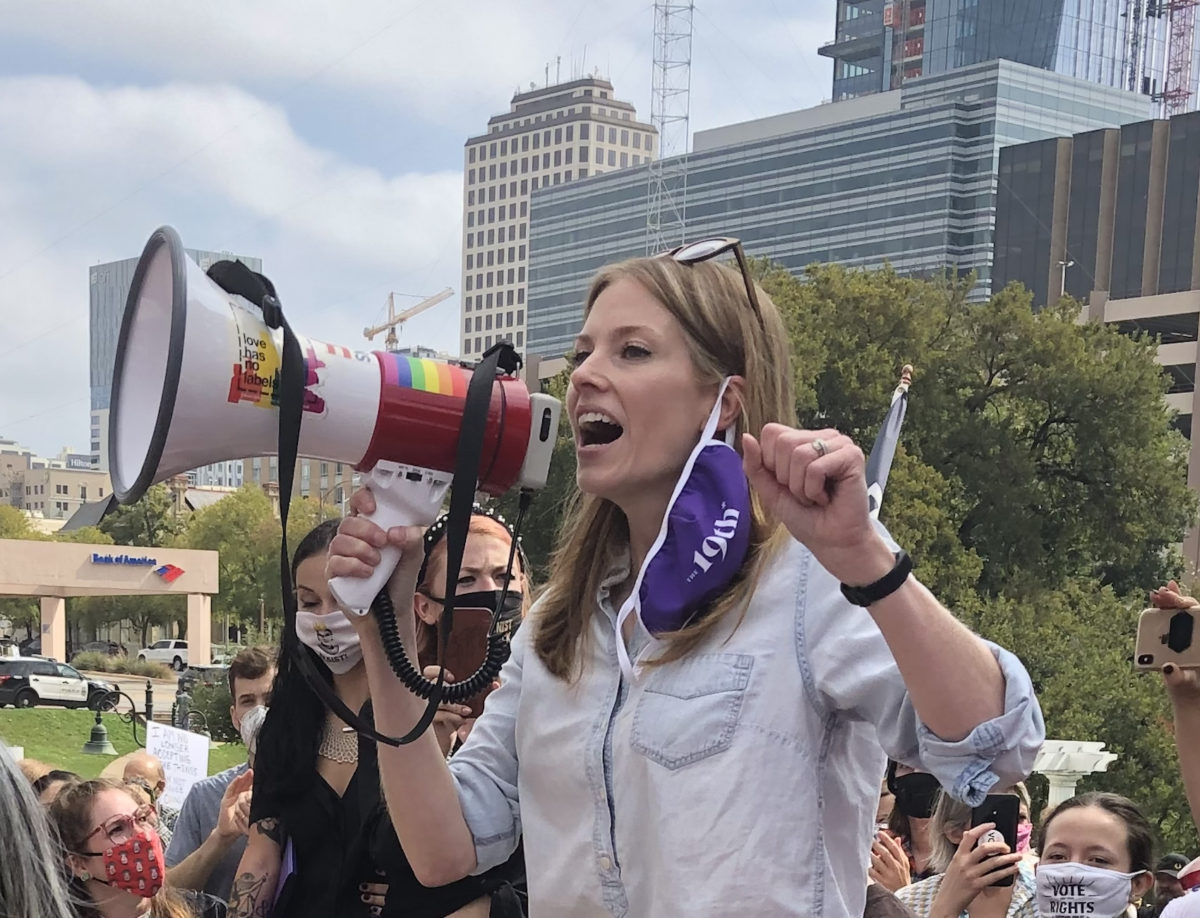
How Julie Oliver’s Personal Experiences With Healthcare And Housing Have Influenced Her Run For Congress
‘Our Congress should be reflective of the people here, and it’s not,’ the Texas resident said.
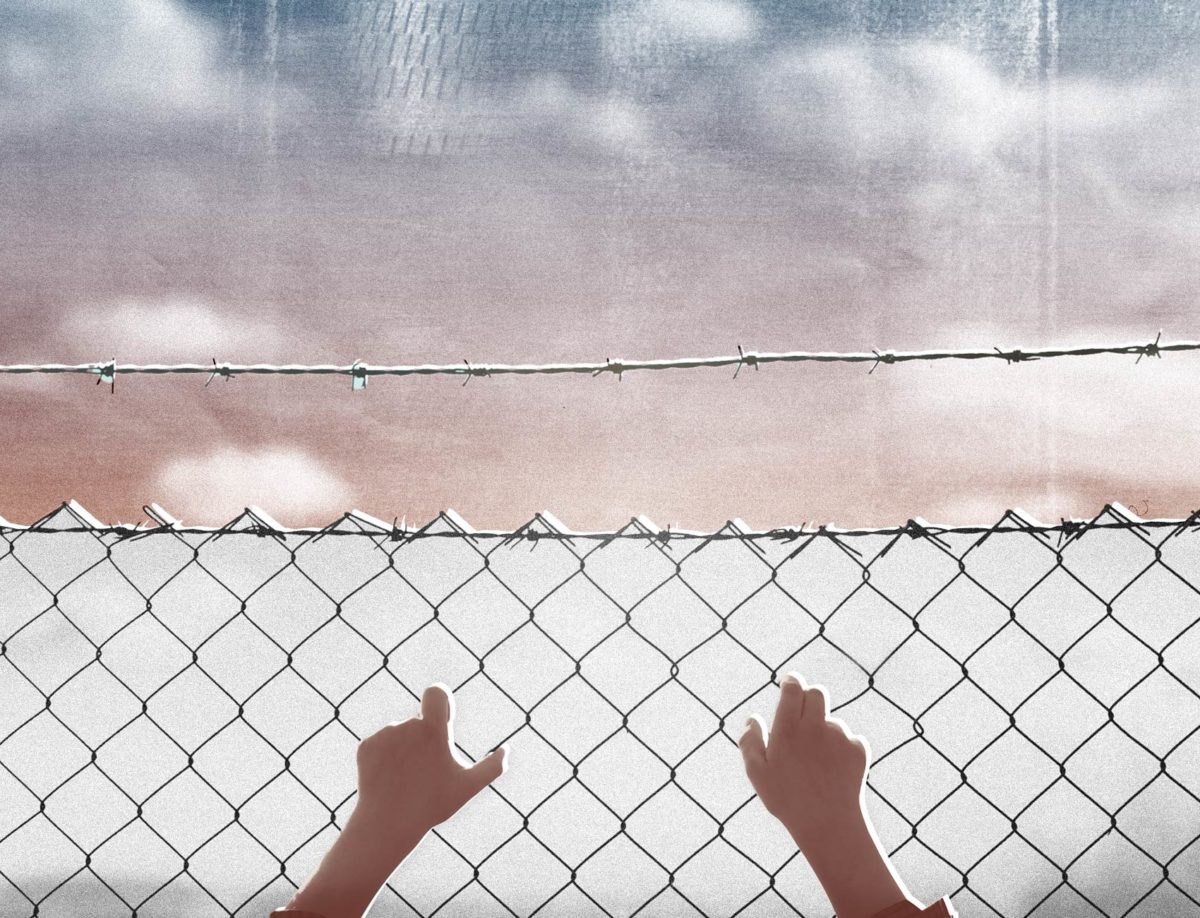
We Can’t Be Free Until We Fully Abolish Slavery
Through a loophole in the 13th Amendment, governments and corporations profit from cheap, incarcerated labor.
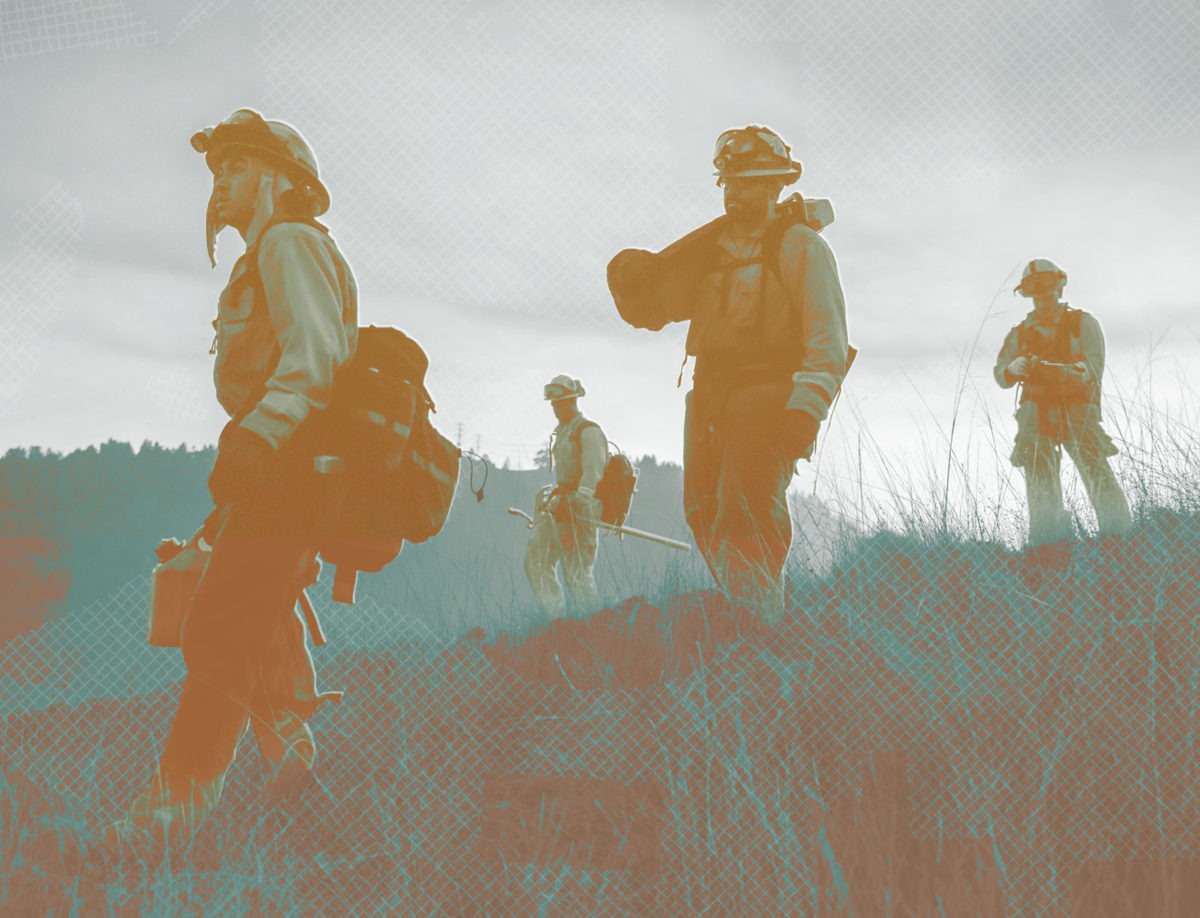
Prison Labor Is on the Frontlines of the COVID-19 Pandemic
States like California, New York, and Arizona have relied on prisoners to continue working, with little pay and in precarious conditions, during the coronavirus pandemic.
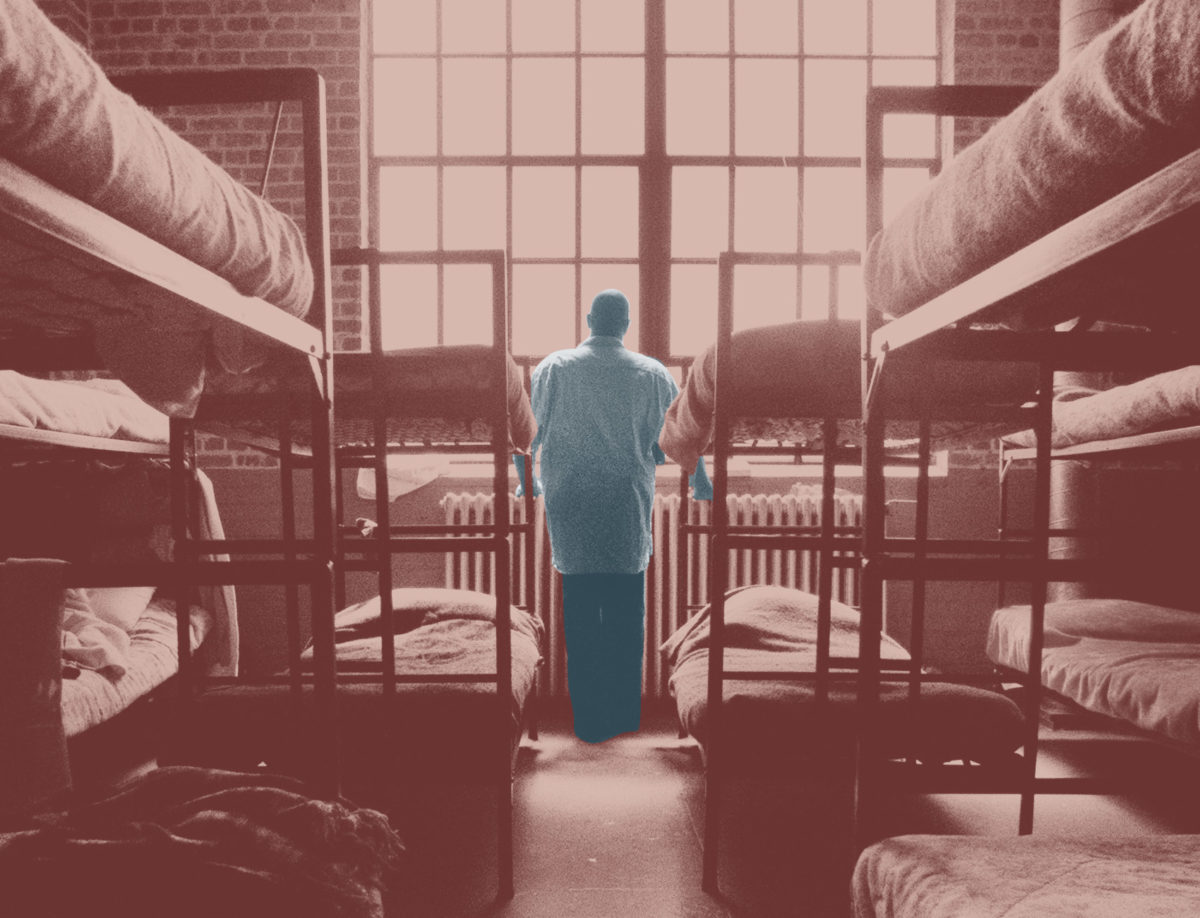
Criminal Justice Reform Should Decriminalize Addiction, Advocates Say
Efforts to address the harms of police violence and incarceration must consider the drug war, activists and treatment professionals note, including the punitive models of treatment.
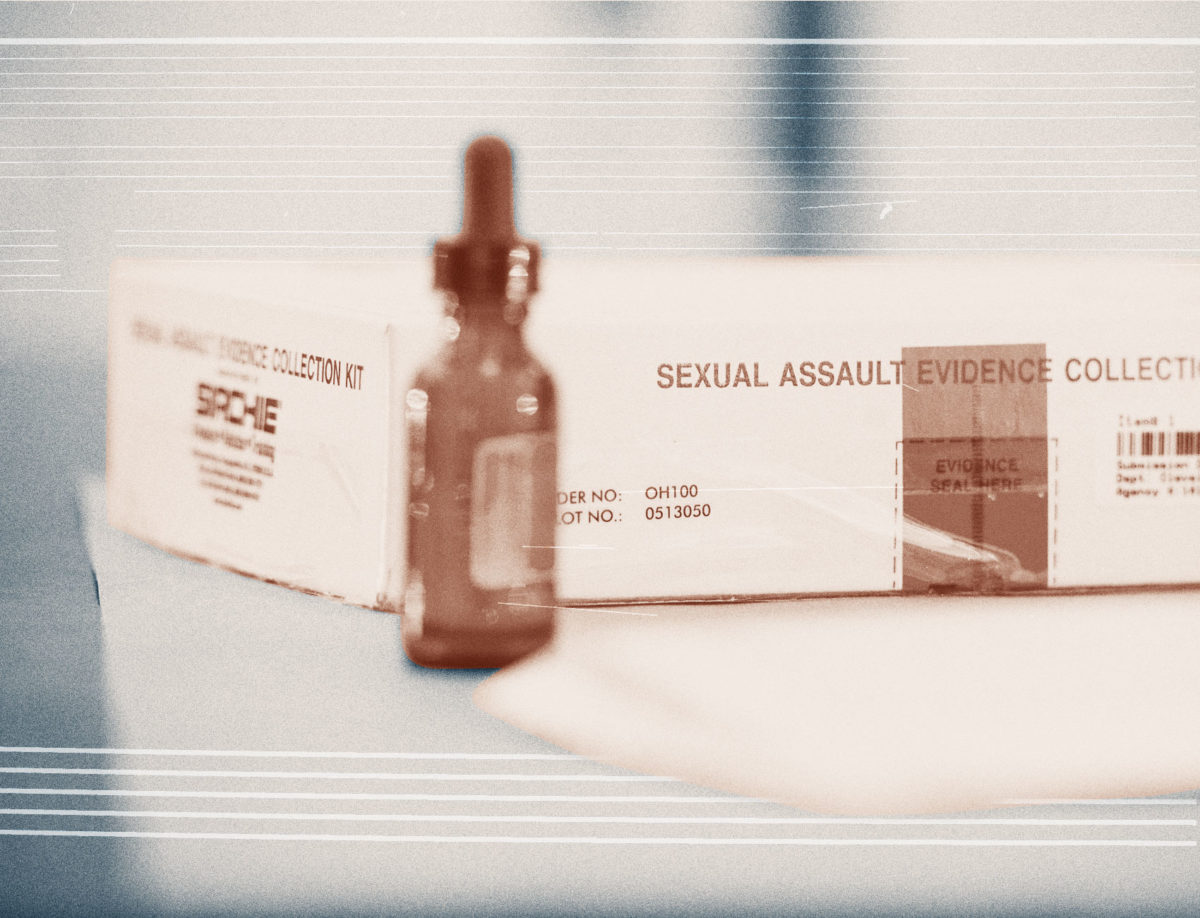
How COVID-19 Is Affecting Assault Survivors Seeking Care
In New York, fewer people who have experienced sexual assault or rape have sought forensic exams at hospitals during the pandemic. But advocates suggest that’s not evidence of declining sexual violence.
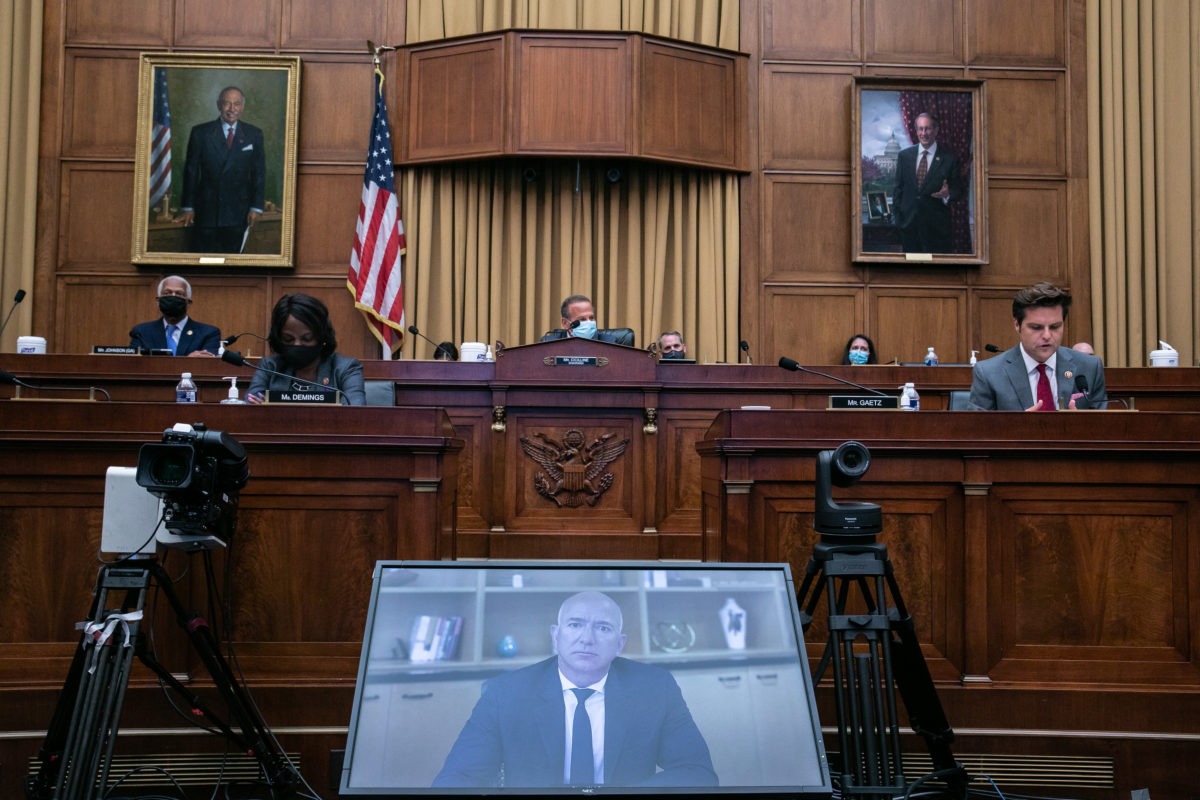
Last Week’s Big Tech Antitrust Hearings Sent An Unmistakable Message: Change Is In The Air For America’s Corporate Giants
The committee signaled an unprecedented desire to break with one of the most durable, and damaging, economic frameworks of the last 50 years: the 1970s-era, hands-off antitrust ideology that helped bestow these titans of tech with such extraordinary power to begin with.
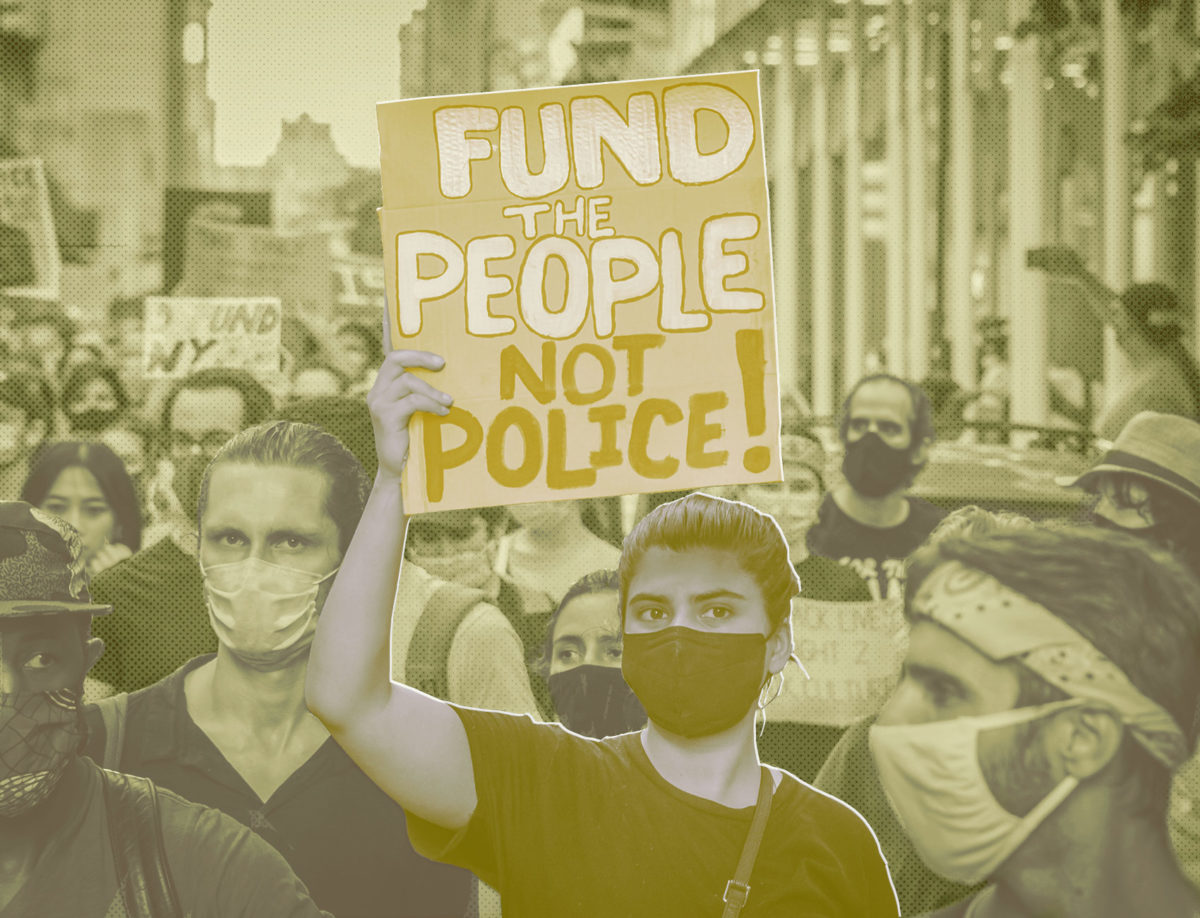
10 Ways To Reduce Our Reliance On Policing And Make Our Communities Safer For Everyone
Police should no longer occupy all of our vital support systems in our communities.
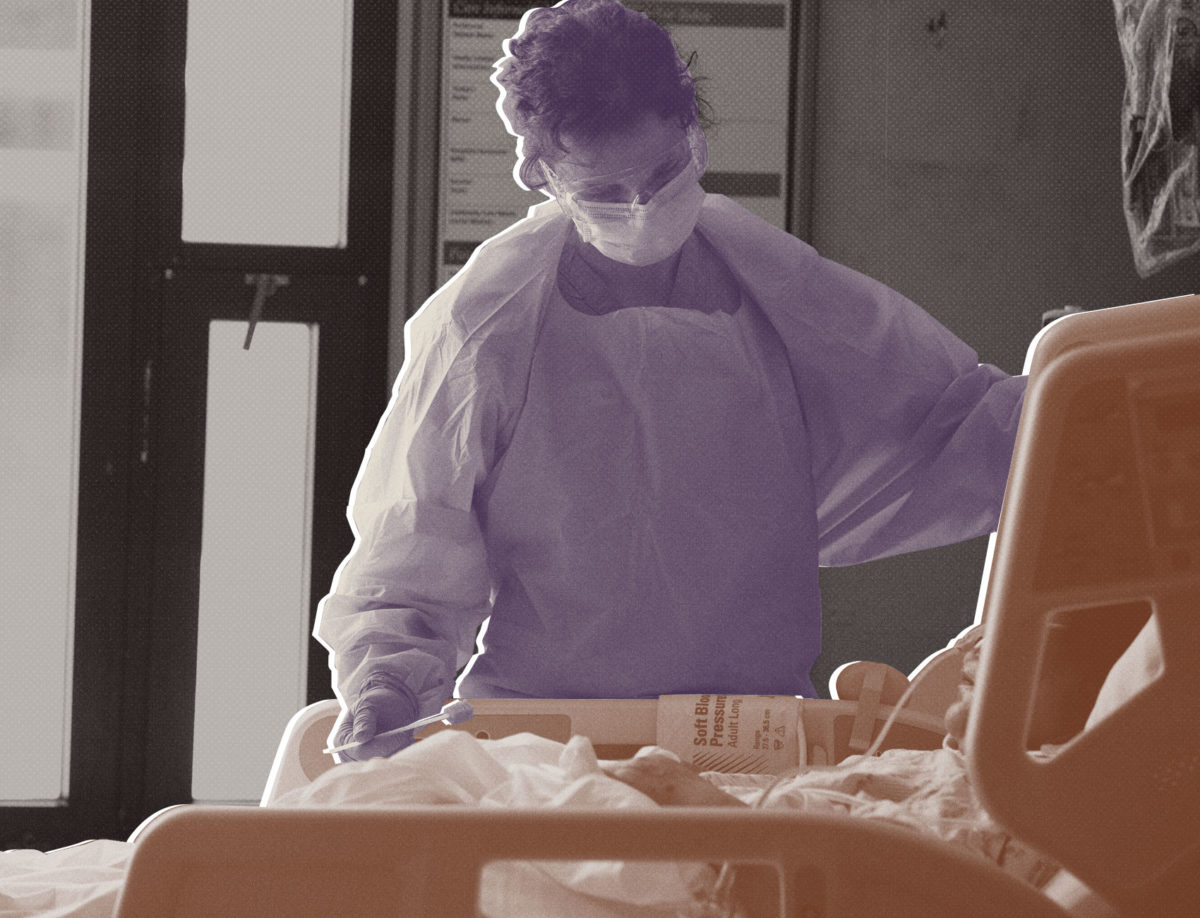
The Financial Toll of COVID-19 Deaths
Organizations in New York City have stepped in to help families with funeral costs and related matters in communities hit hard by the disease, but their money and resources are strained.
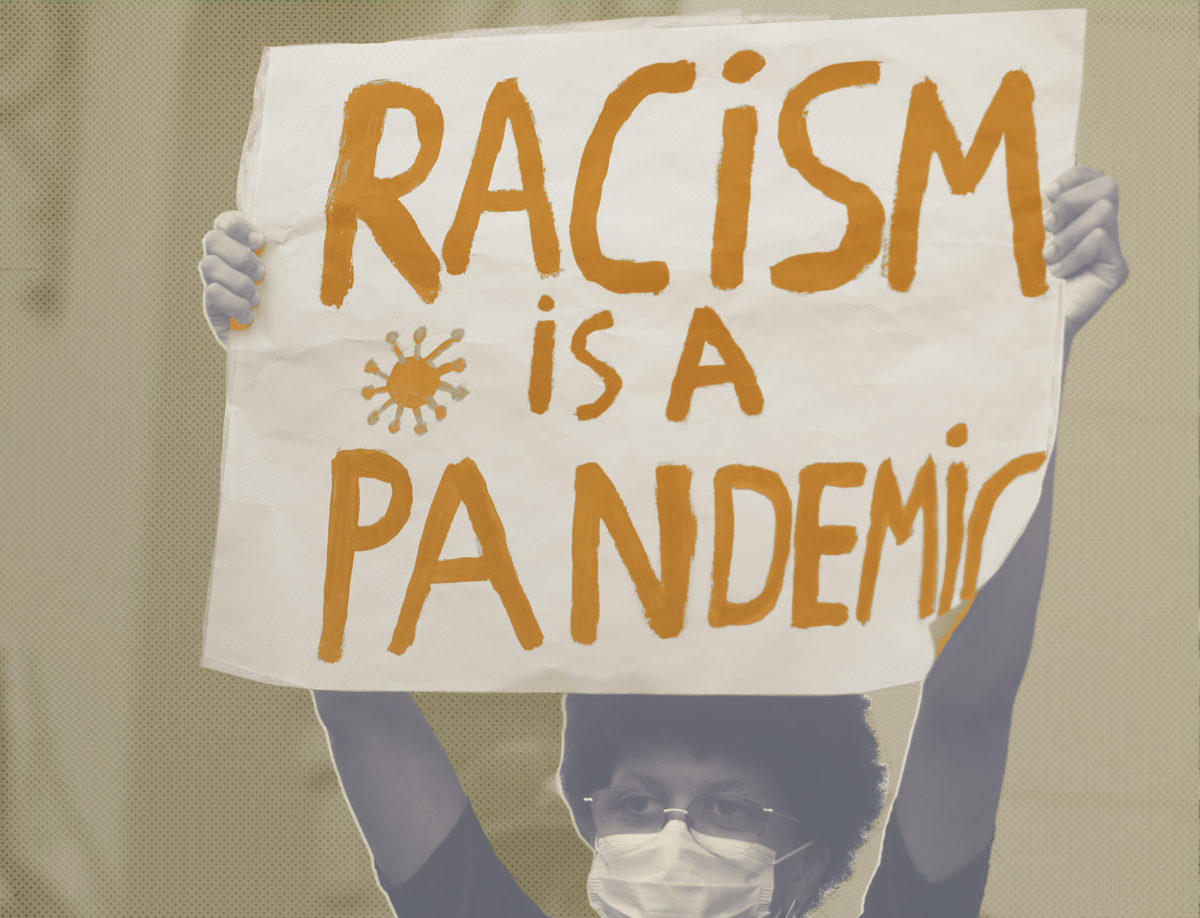
Healthcare In The U.S. Is Still Segregated, So Community Organizations Are Taking COVID-19 Testing Into Their Own Hands
Predominantly Black neighborhoods have less access to primary care physicians and healthcare services, at a time when COVID-19 is killing Black Americans at a rate 2.3 times higher than white Americans. Now grassroots organizations are trying to compensate for failures of public health.
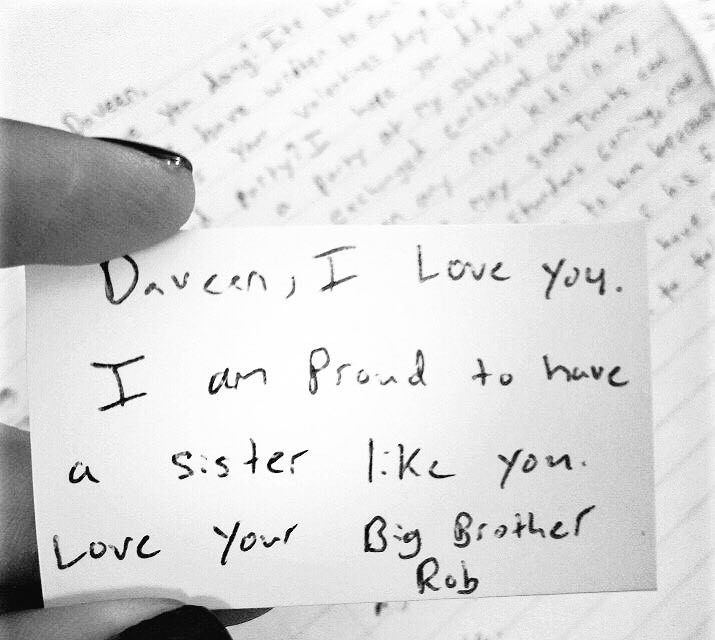
When My Brother Died Of An Overdose, The State Charged Two People With Murder. That Isn’t Justice.
You can’t incarcerate a public health problem. It doesn’t make us safer. It doesn’t repair harm.
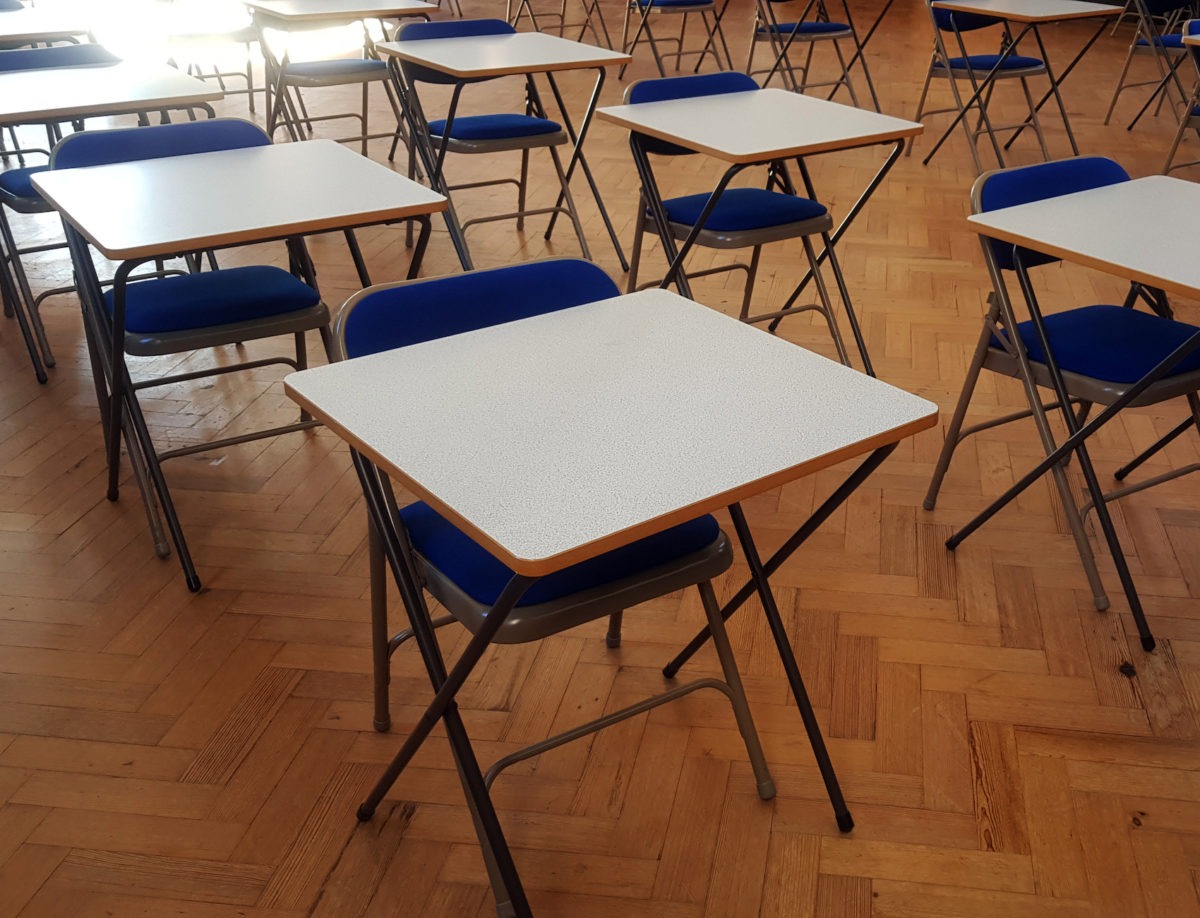
Requiring a Bar Exam in 2020 Perpetuates Systemic Inequities in the Legal System
Prioritizing bar examiners’ gatekeeping function during a pandemic and economic crisis means putting aspiring lawyers at risk and making it harder for nonwhite and low-income people to enter the legal profession.
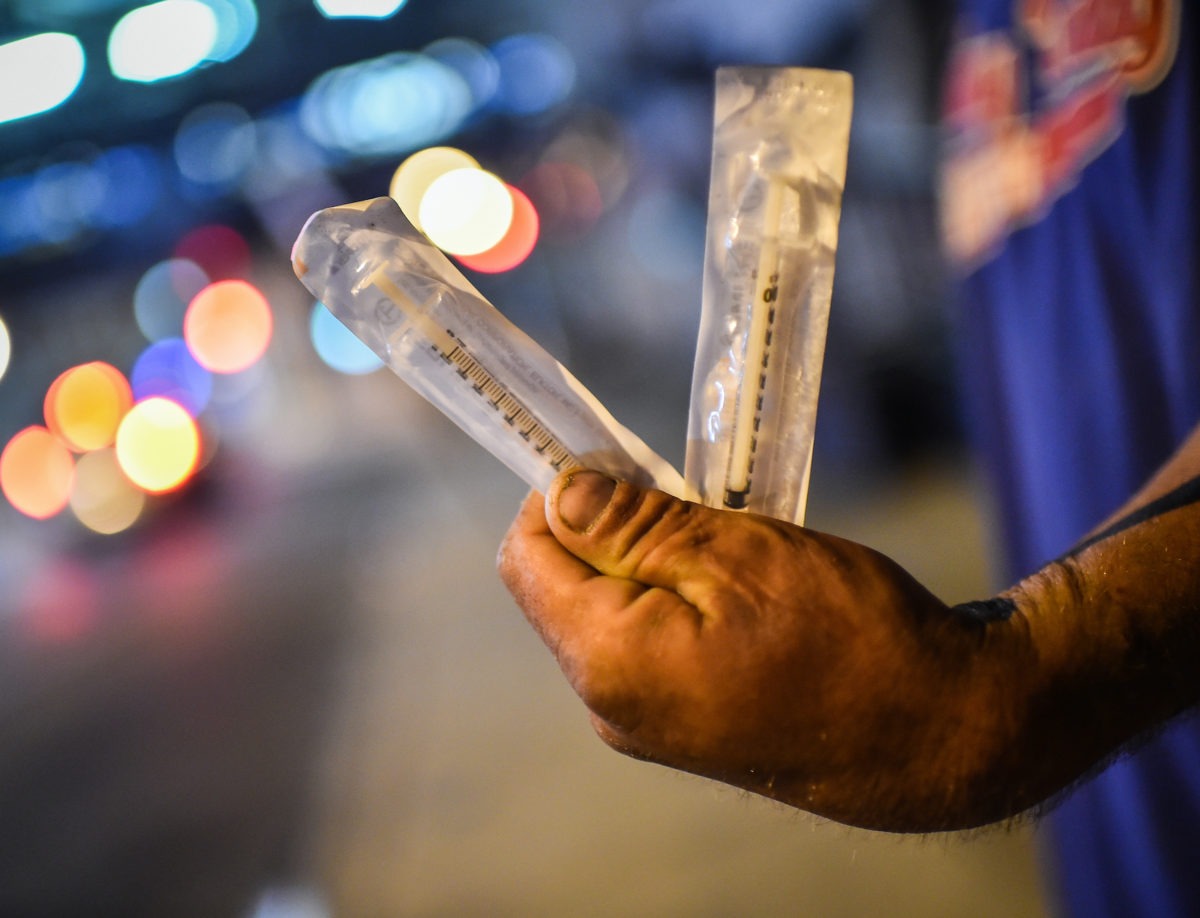
In Pennsylvania, Overdose Deaths Were Falling. Then COVID-19 Hit.
Advocates say the pandemic has exacerbated the overdose crisis in the state by forcing people into isolation and impeding access to treatment.

People In Crisis Need Social Workers, Not Cops
Social Workers address crises regularly and without an armed police officer standing in front of us. Often, the presence of an armed officer escalates a crisis that could have been better handled by mental health professionals alone.

The Pandemic Shows It’s Time for an Alternative to American Capitalism
The nation has an opportunity to take advantage of this transformative event and pursue an alternative to the current system.
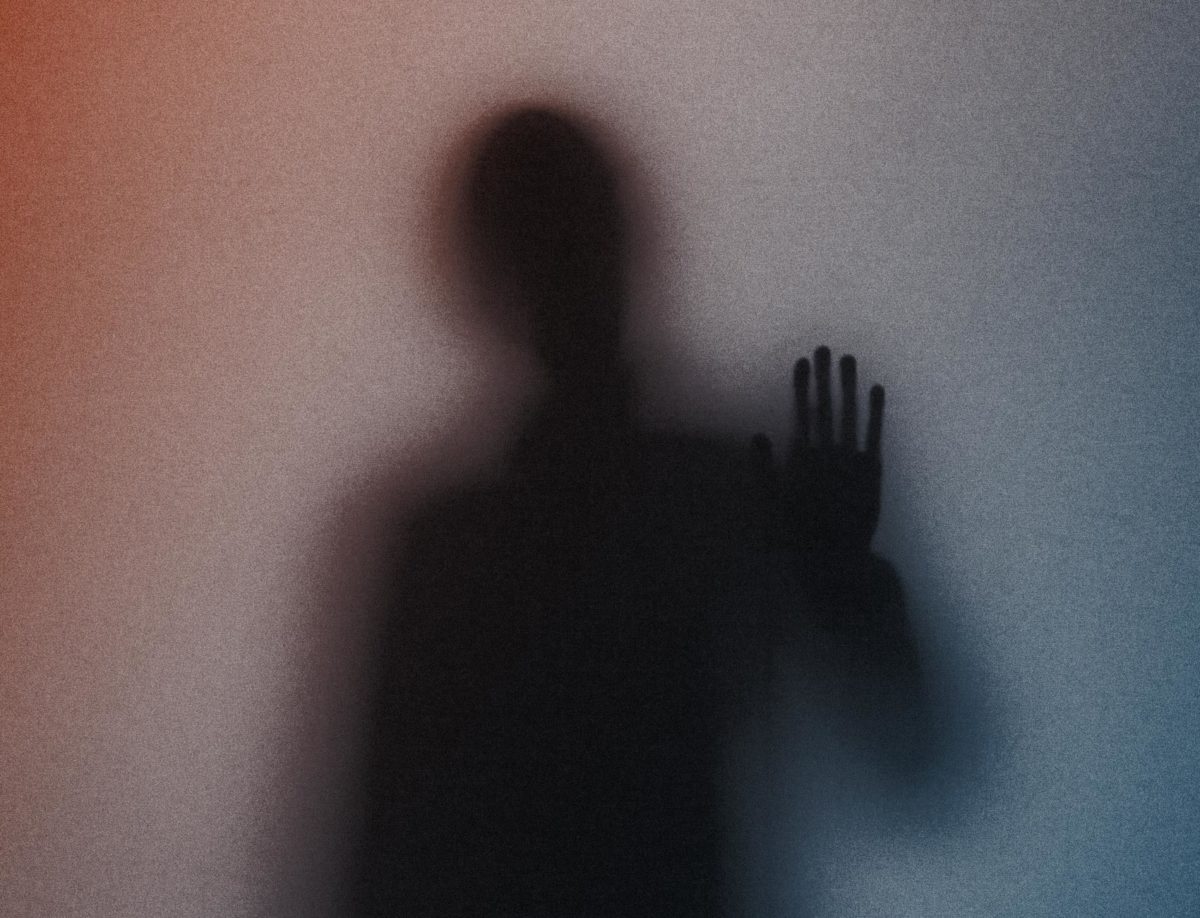
Fatal Overdose Deaths Soar In Communities Across The Country Amid COVID-19 Pandemic
In Cook County, Illinois, suspected or confirmed fatal overdose deaths doubled over last year in the first five months of this year.
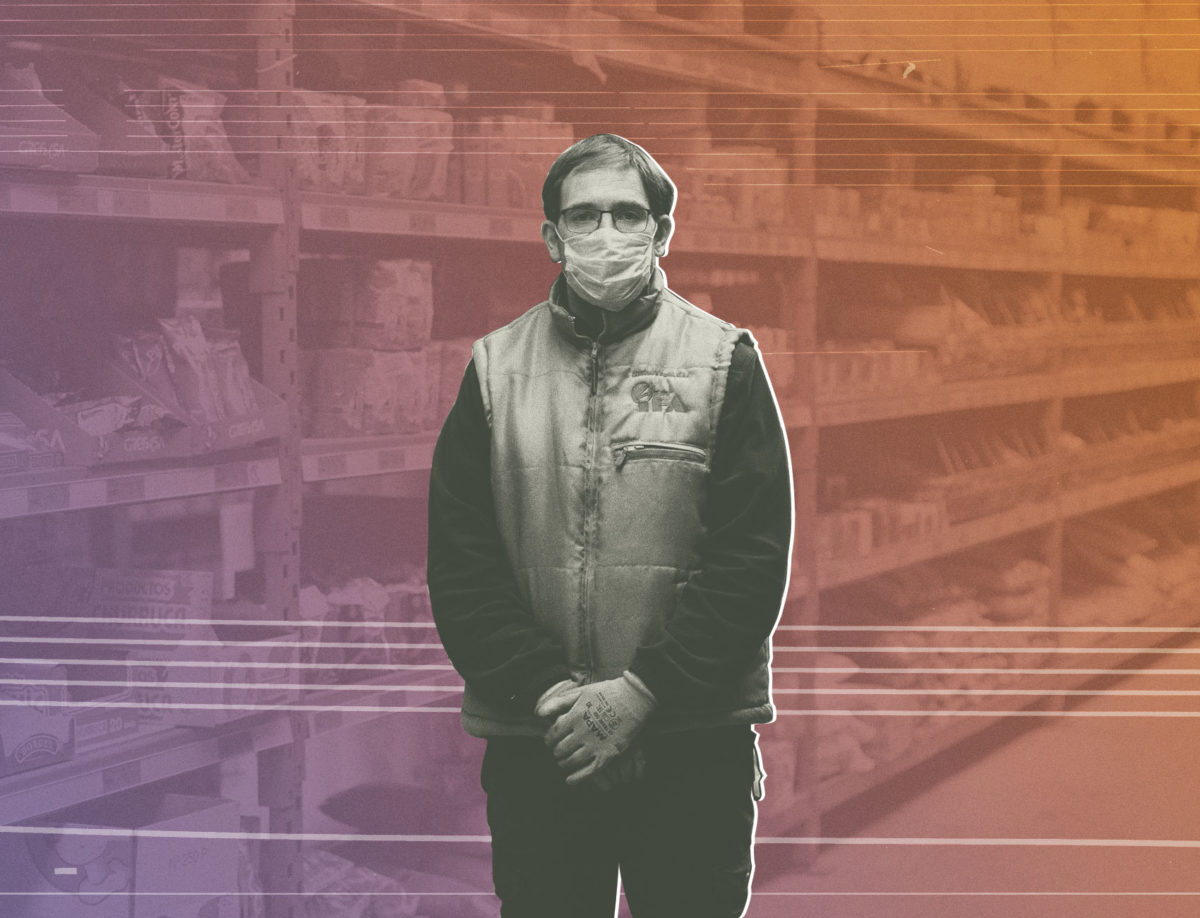
We Need An Essential Workers Bill Of Rights To Make Sure Working People Have The Protections They Need
From grocery store workers to nurses, from home care workers to janitors, from teachers to delivery workers to domestic workers — there is an invisible, undervalued army of people who make our lives possible. Their work is essential, and it always has been.
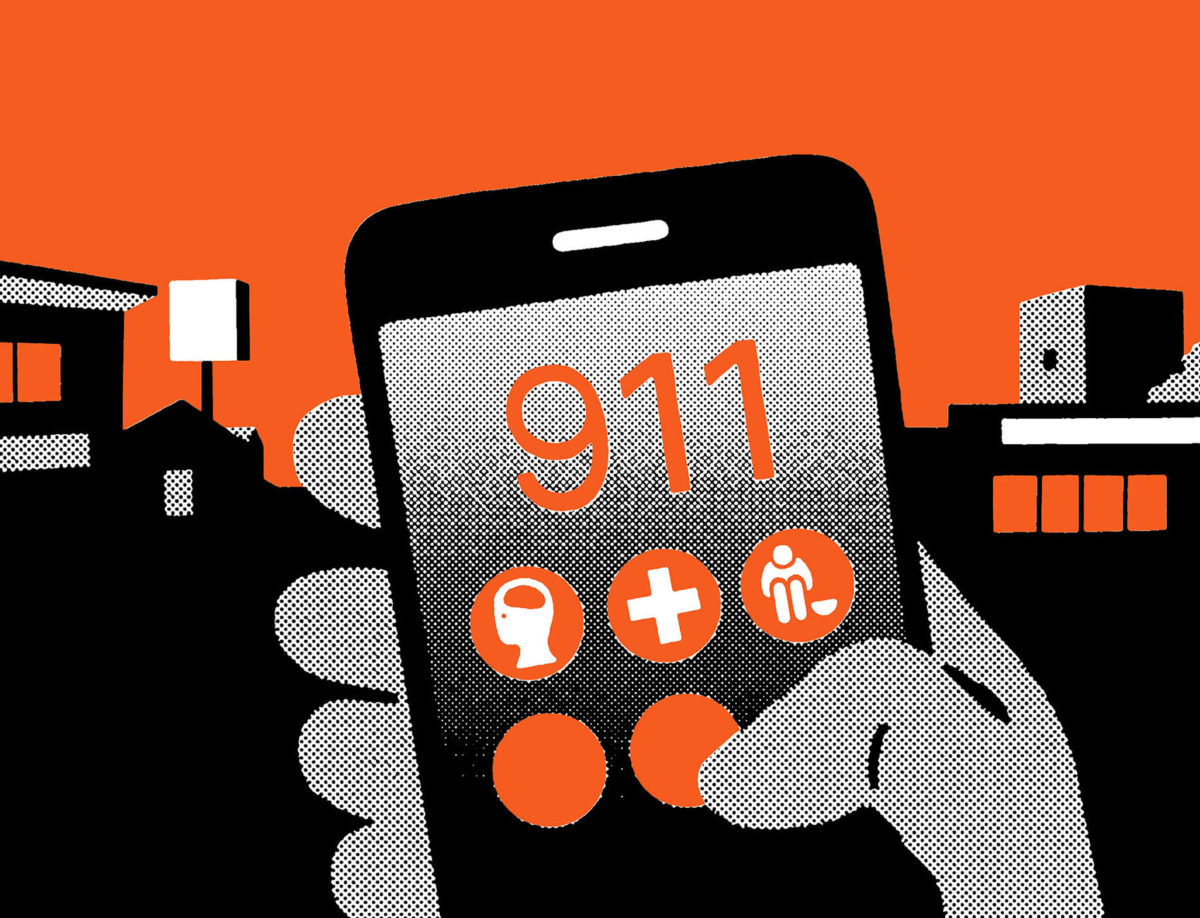
Community-Based Emergency First Responders: Explained
In our Explainer series, Justice Collaborative lawyers, journalists, and other legal experts help unpack some of the most complicated issues in the criminal justice system. We break down the problems behind the headlines—like bail, civil asset forfeiture, or the Brady doctrine—so that everyone can understand them. Wherever possible, we try to utilize the stories of […]
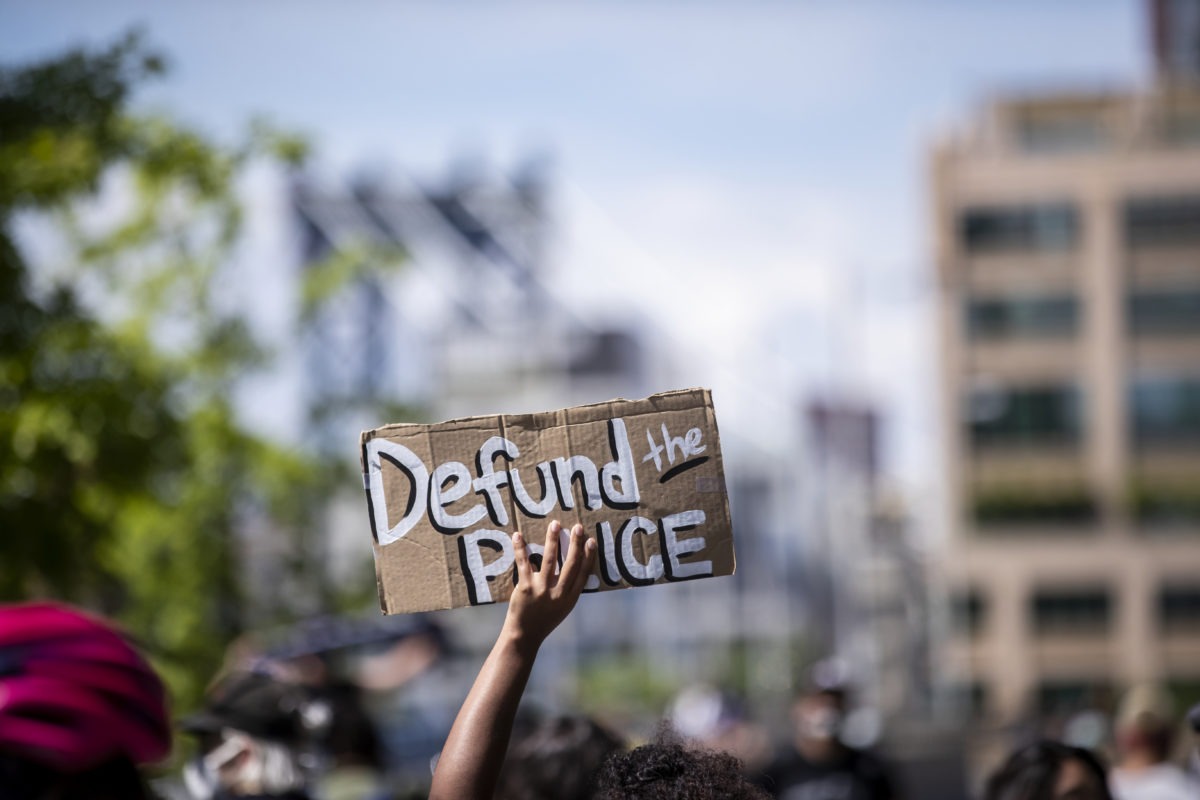
Defund The Police. Our Lives Depend On It.
Safe and healthy communities start with less police and more investment in community services that work.
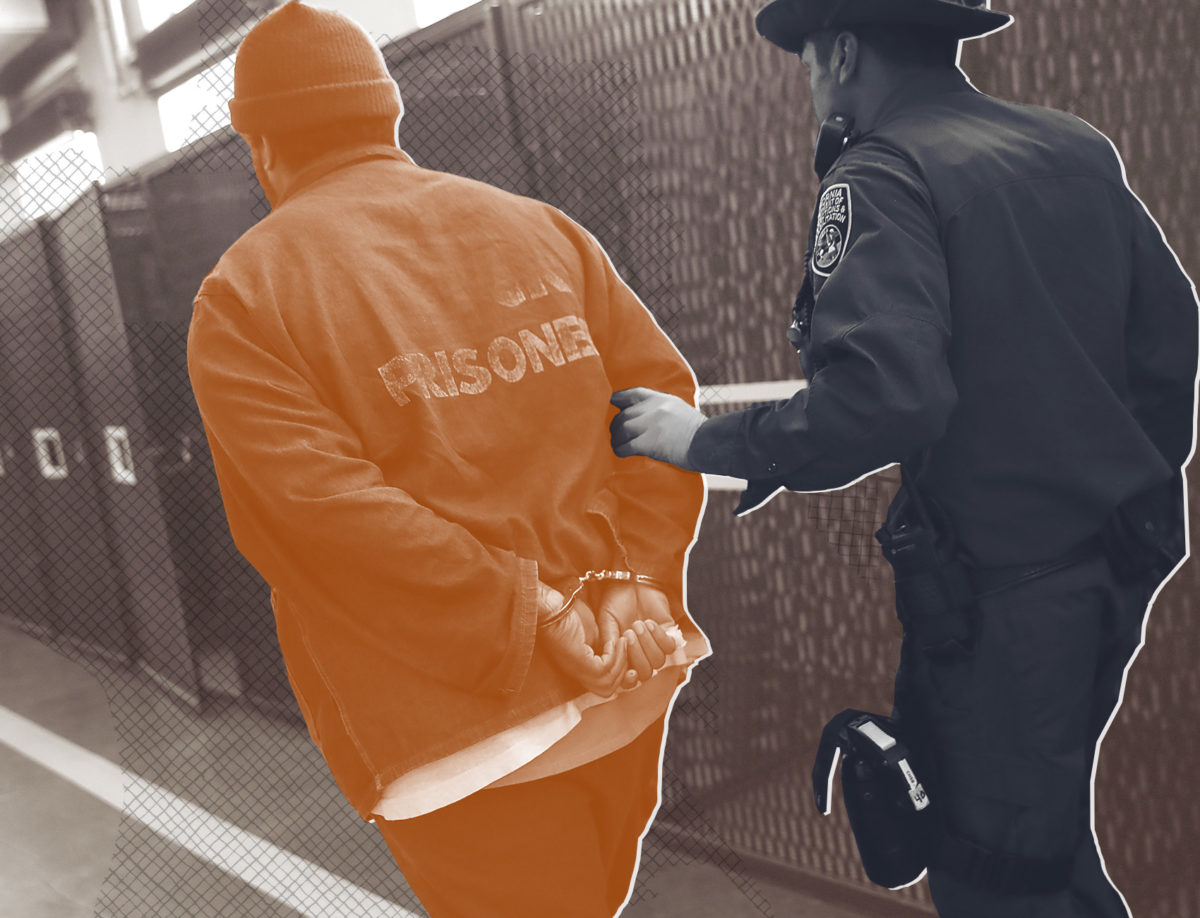
In the Middle of a Pandemic, Prisoners at San Quentin Are Punished for Being Sick
Prisoners are reluctant to report when they’re feeling sick, because they know they’ll be sent to solitary confinement.
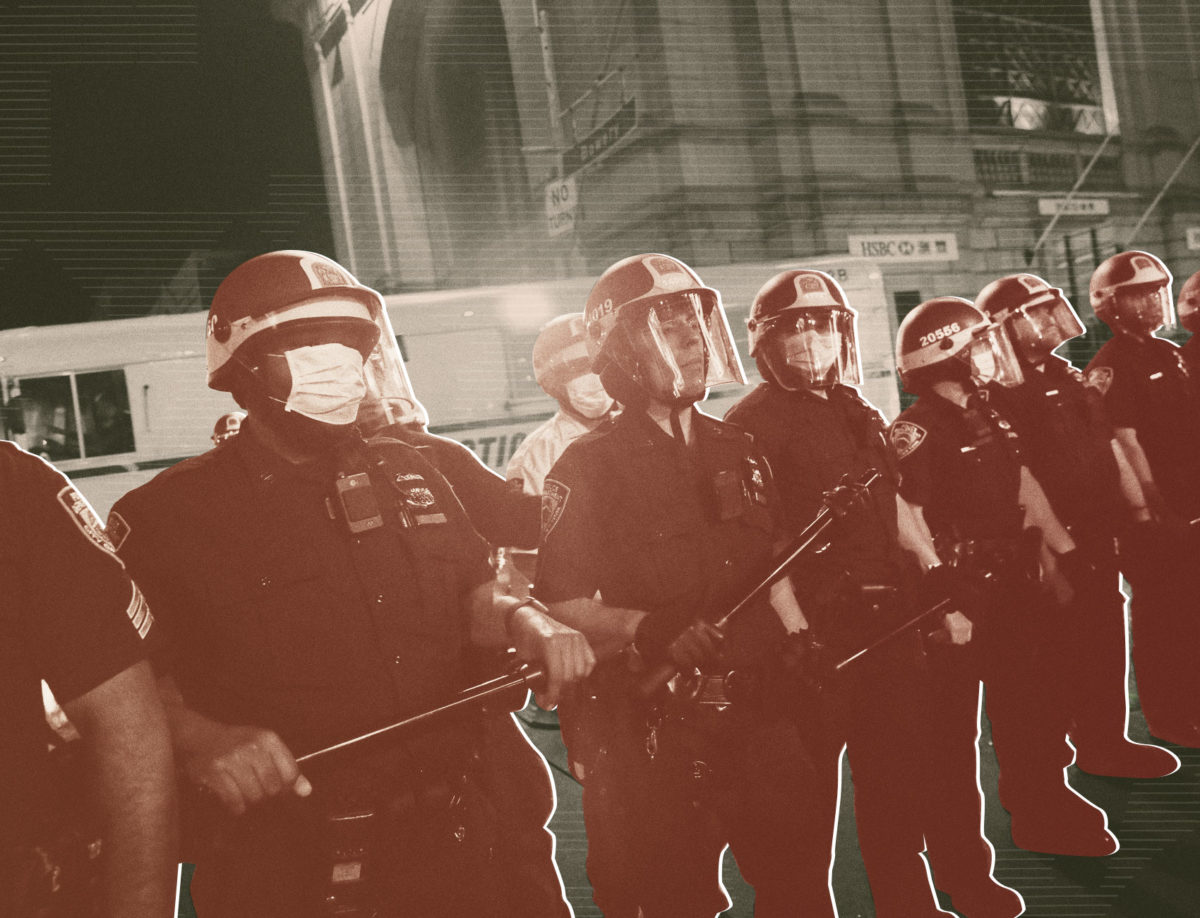
American Democracy Cannot Breathe
Yes, we must radically transform policing in America. But we cannot stop there. We must transform the pervasive systems of economic and carceral injustice that are choking our common life.

For Essential Workers, New York City’s Curfew Meant Fear, Harassment, and Arrest
Essential workers say curfews put them at risk of police violence, even though they were exempt.
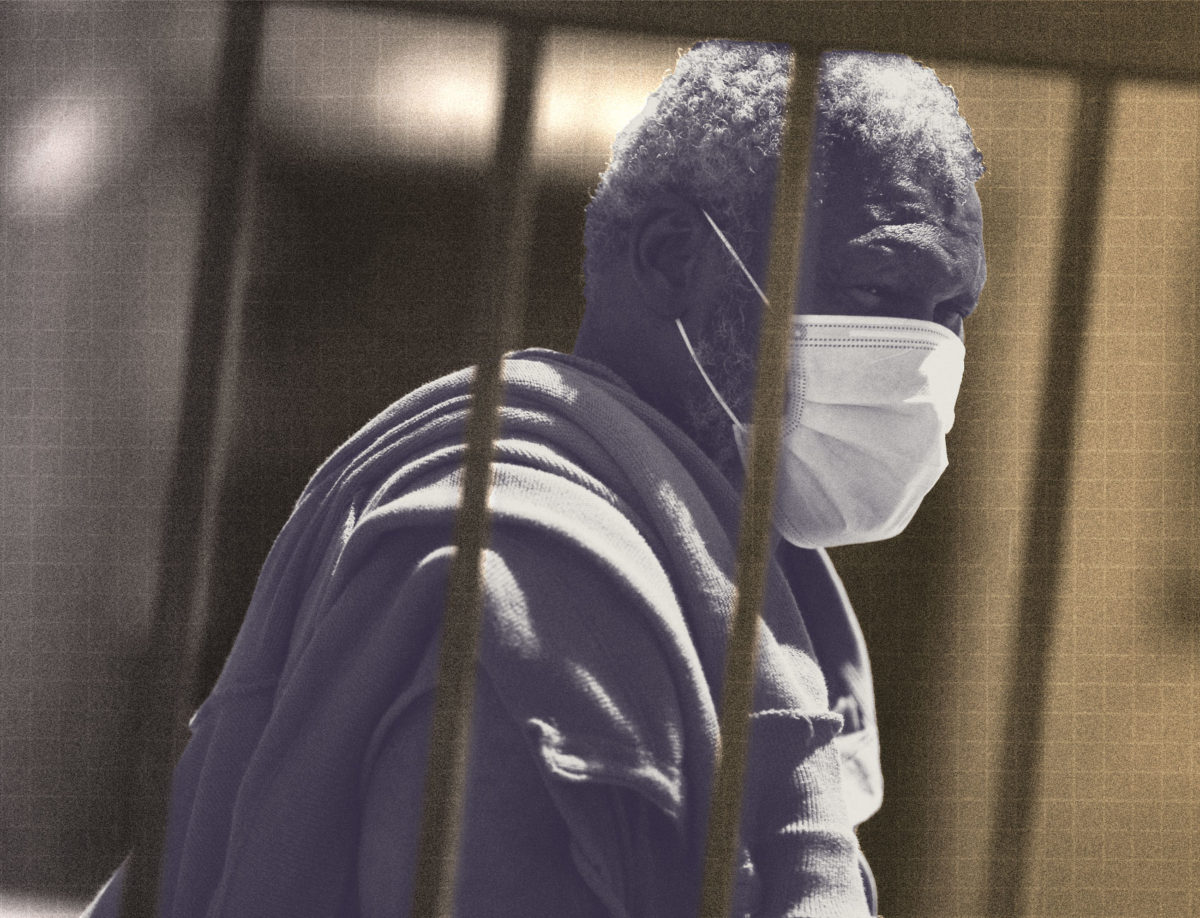
Governors’ Coronavirus Decisions Put People of Color In Harm’s Way
As the country reopens, we can’t quickly forget these failures of government, which have disproportionately harmed Black, Latinx, and Native people.
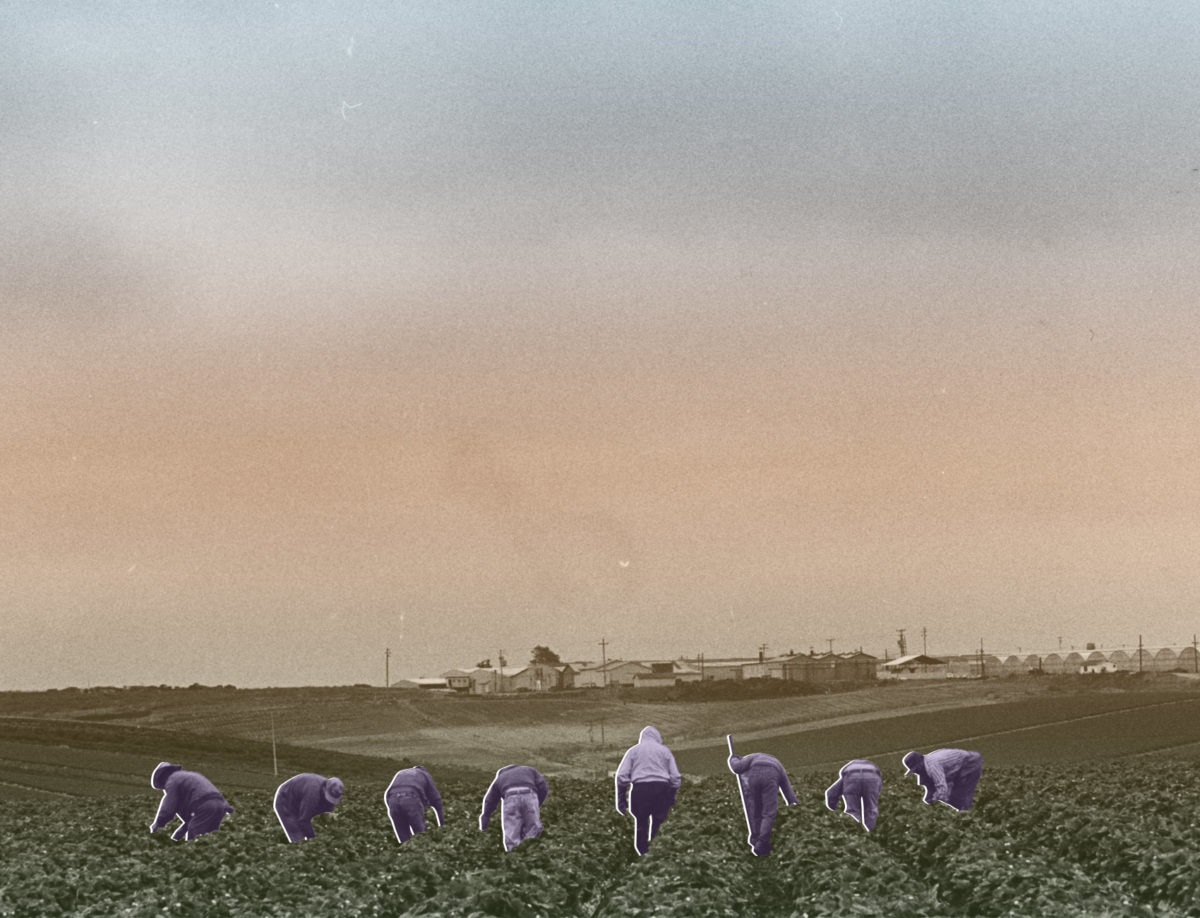
As The Trump Administration Restricts Legal Immigration, It’s Expanding A Class Of Vulnerable Guest Workers
Farmworker and labor advocates say these workers are among the most exploited in the country.
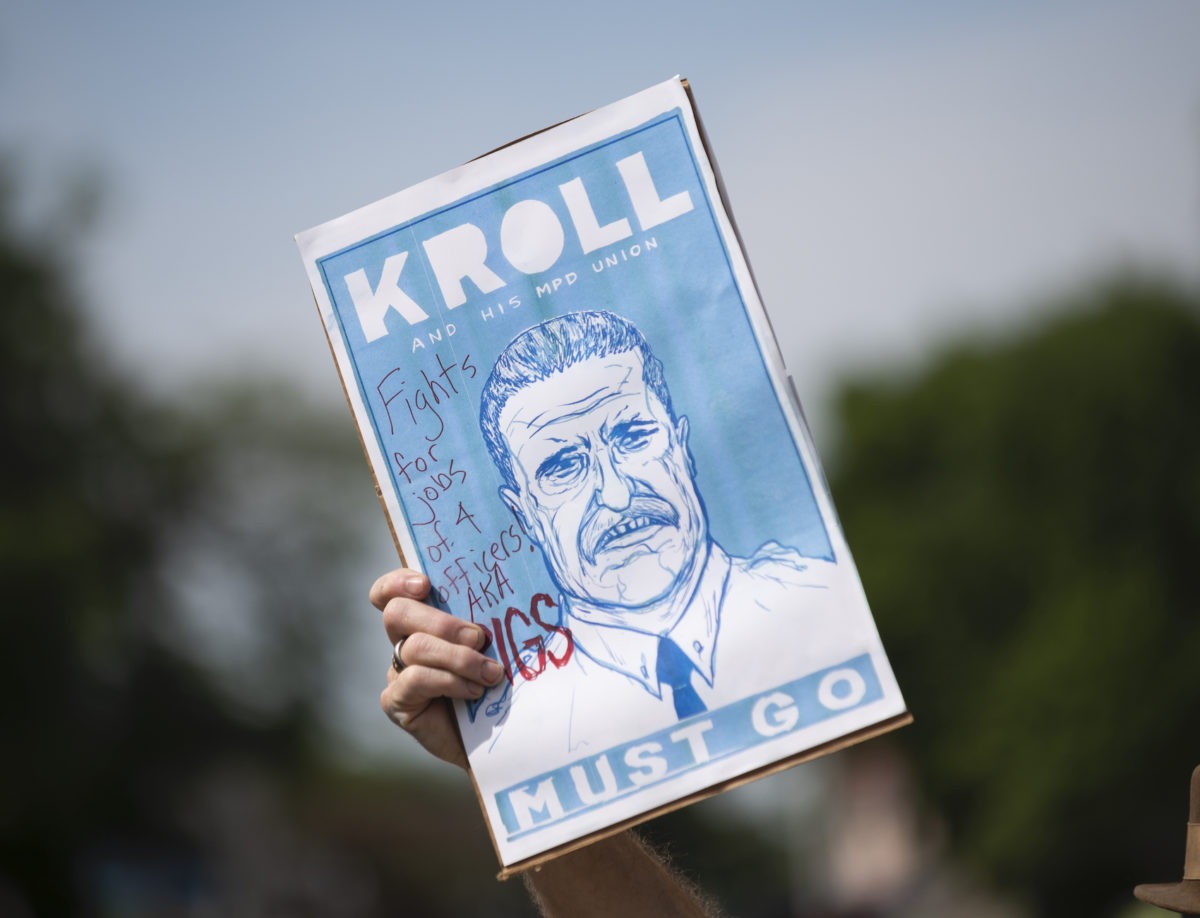
Police Killings Bring Out Tensions Within The Labor Movement
Some unions and labor activists are calling for the AFL-CIO to expel police unions.
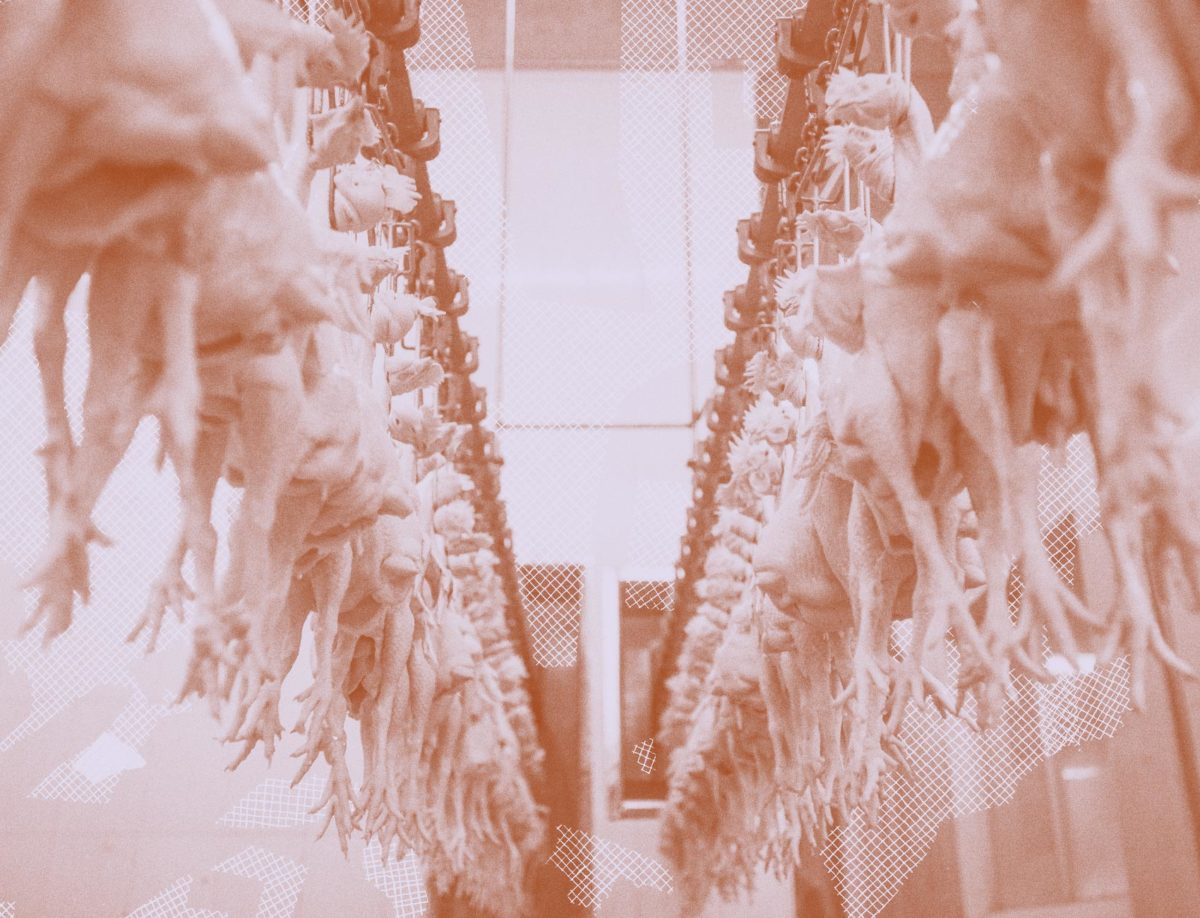
Video Captures Poor Conditions At Louisiana Poultry Plant Where Prisoners Are Sent To Work
Despite COVID-19 concerns, the state’s prisoners are still doing dangerous menial jobs in work-release programs.
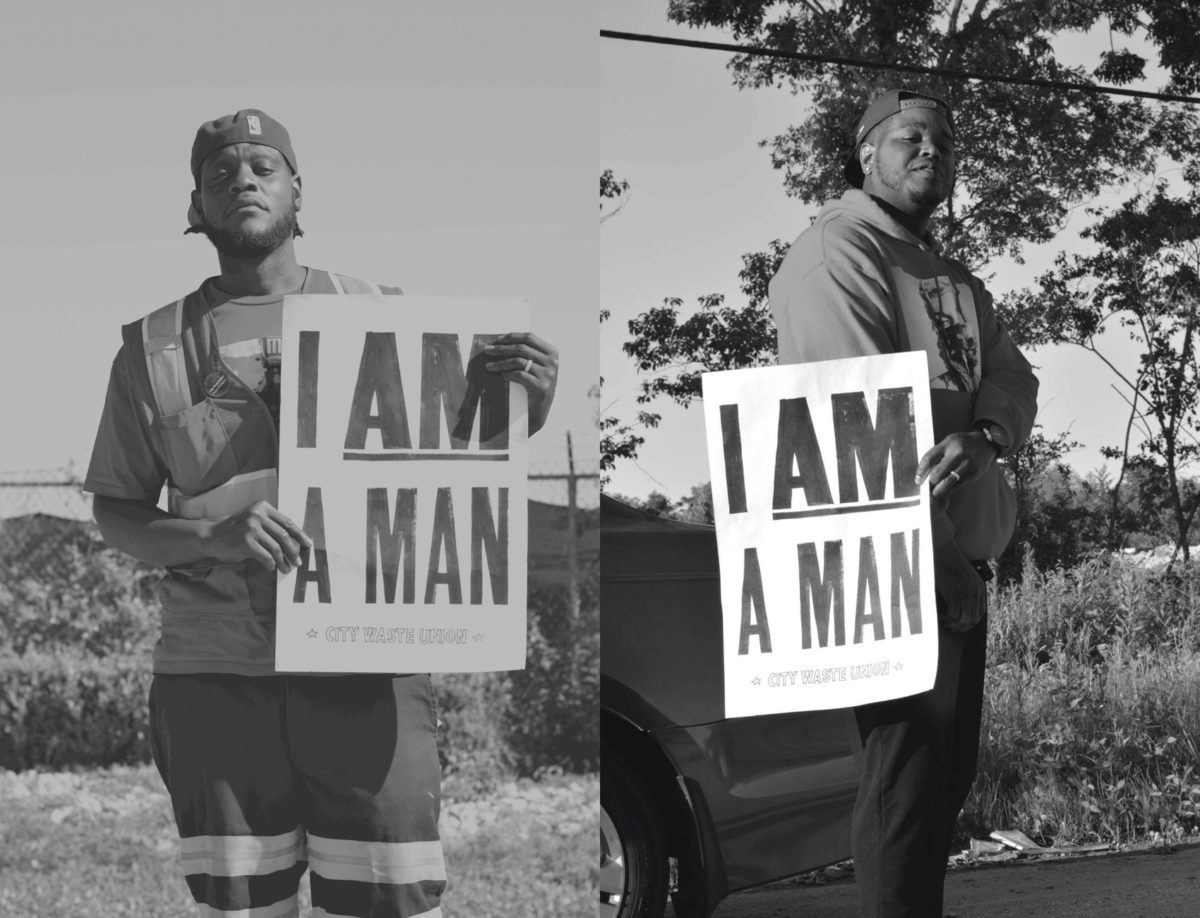
Some Of The Hardest-Working Frontline Employees In New Orleans Are Living Paycheck to Paycheck
Garbage collectors in the city are striking for $15 an hour, hazard pay, and PPE.
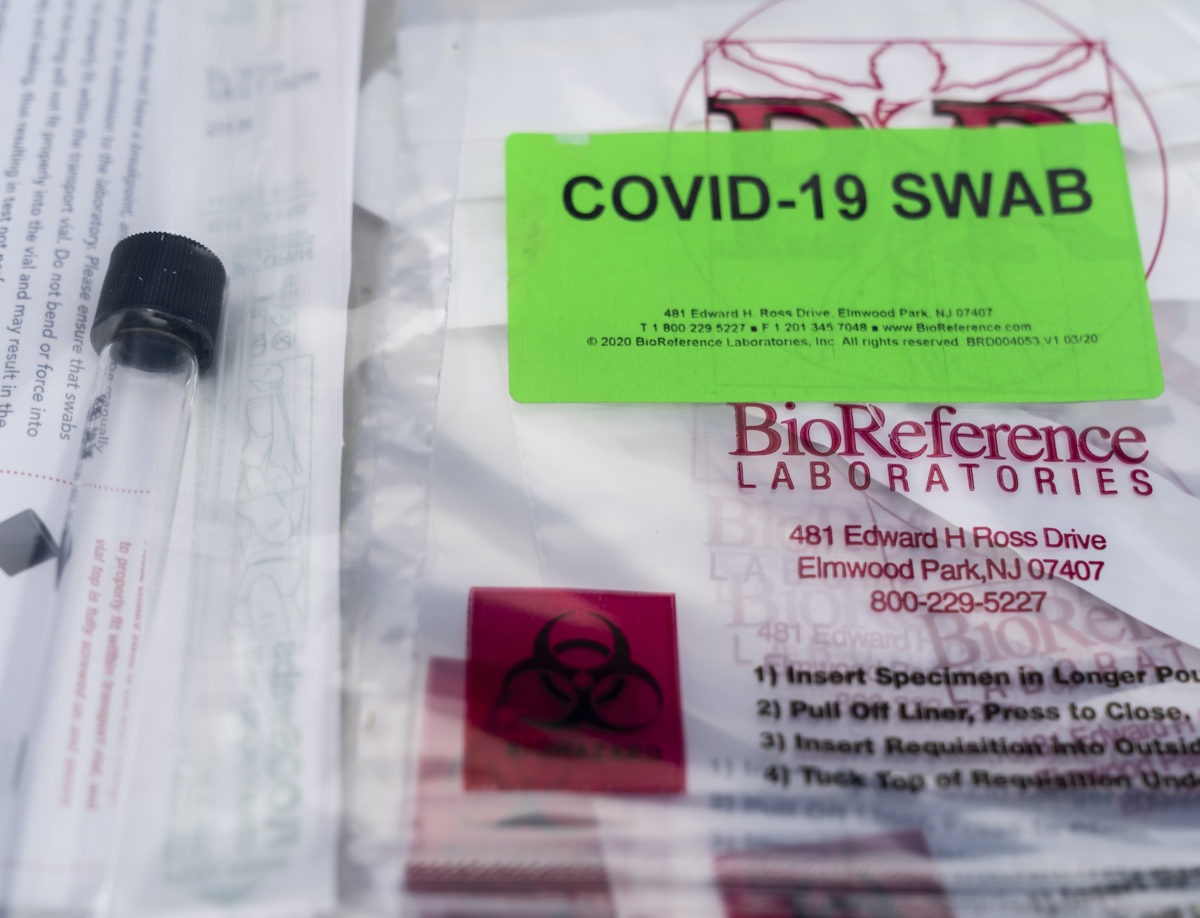
Mississippi Has Tested Fewer Than 1% of State Prisoners and Staff For COVID-19
Governor Tate Reeves has touted the state’s testing efforts as ‘aggressive,’ but testing rates in the state’s prisons, where the coronavirus has already claimed at least one life, remain low.
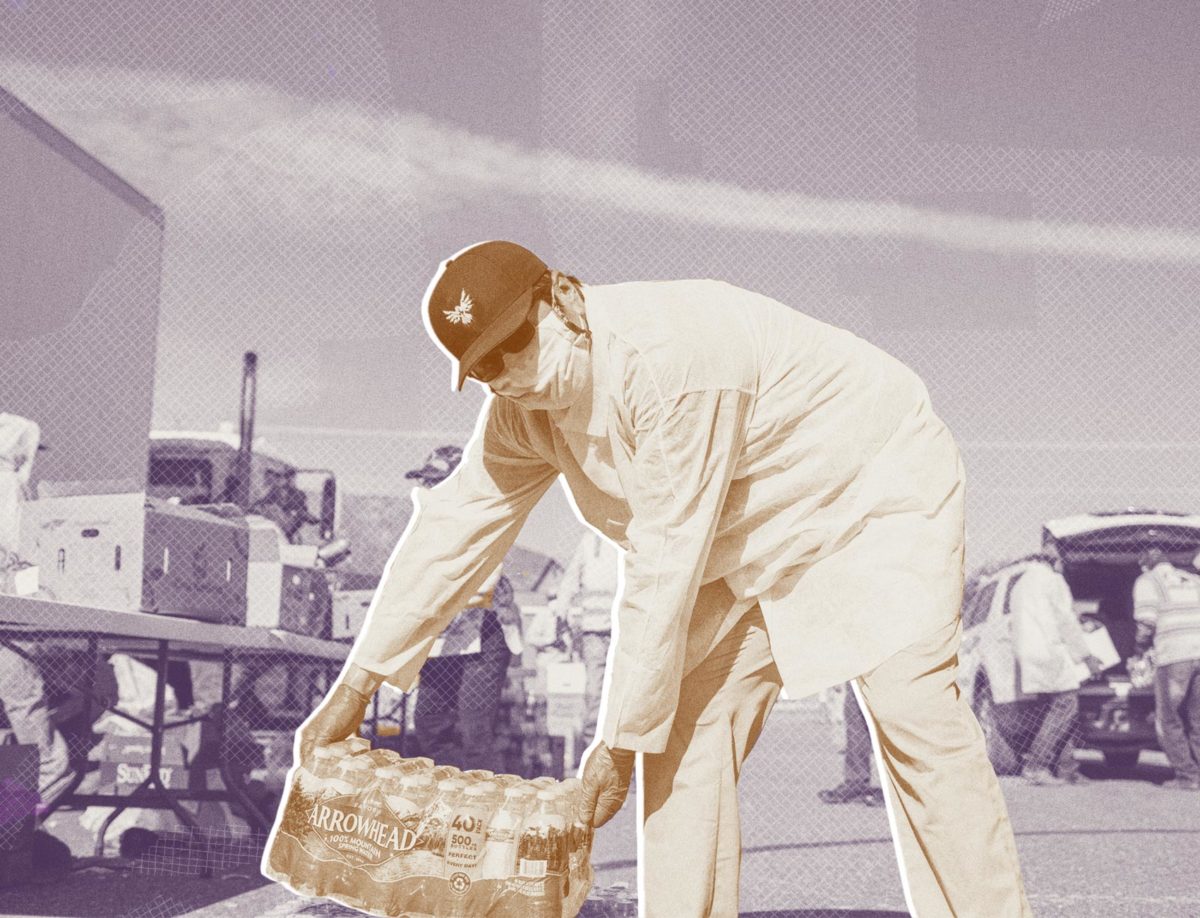
Coronavirus Cases Soar For The Navajo Nation As Federal Funding Shortfalls Strain Efforts To Respond
‘This is by far, by far, the biggest impact on our people since our return from the Long Walk in 1868,’ a Navajo Nation leader said.
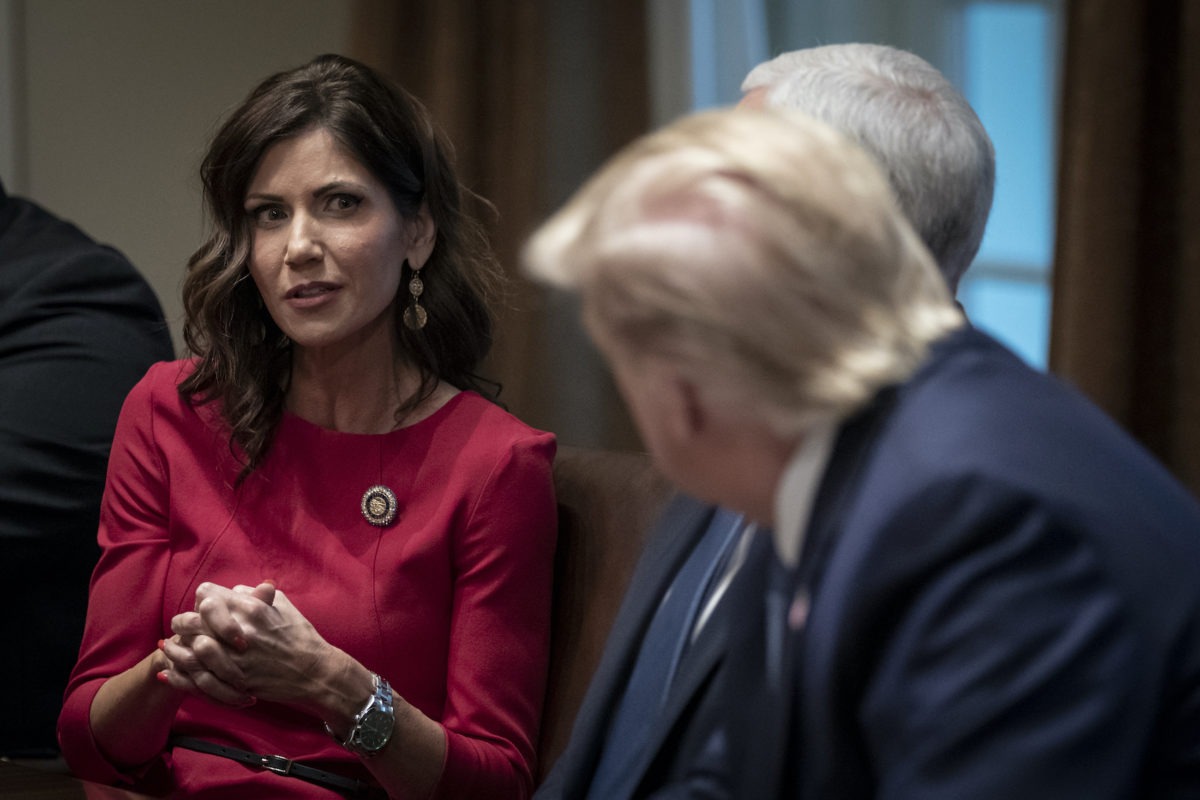
South Dakota Governor Doubles Down On Her Anti-Native Reputation By Targeting Tribes’ COVID-19 Checkpoints
Governor Kristi Noem’s threat to sue two South Dakota tribes shows the callousness of her coronavirus plan, which seems to encourage exposure and prioritize the economy over the lives of at-risk Natives.
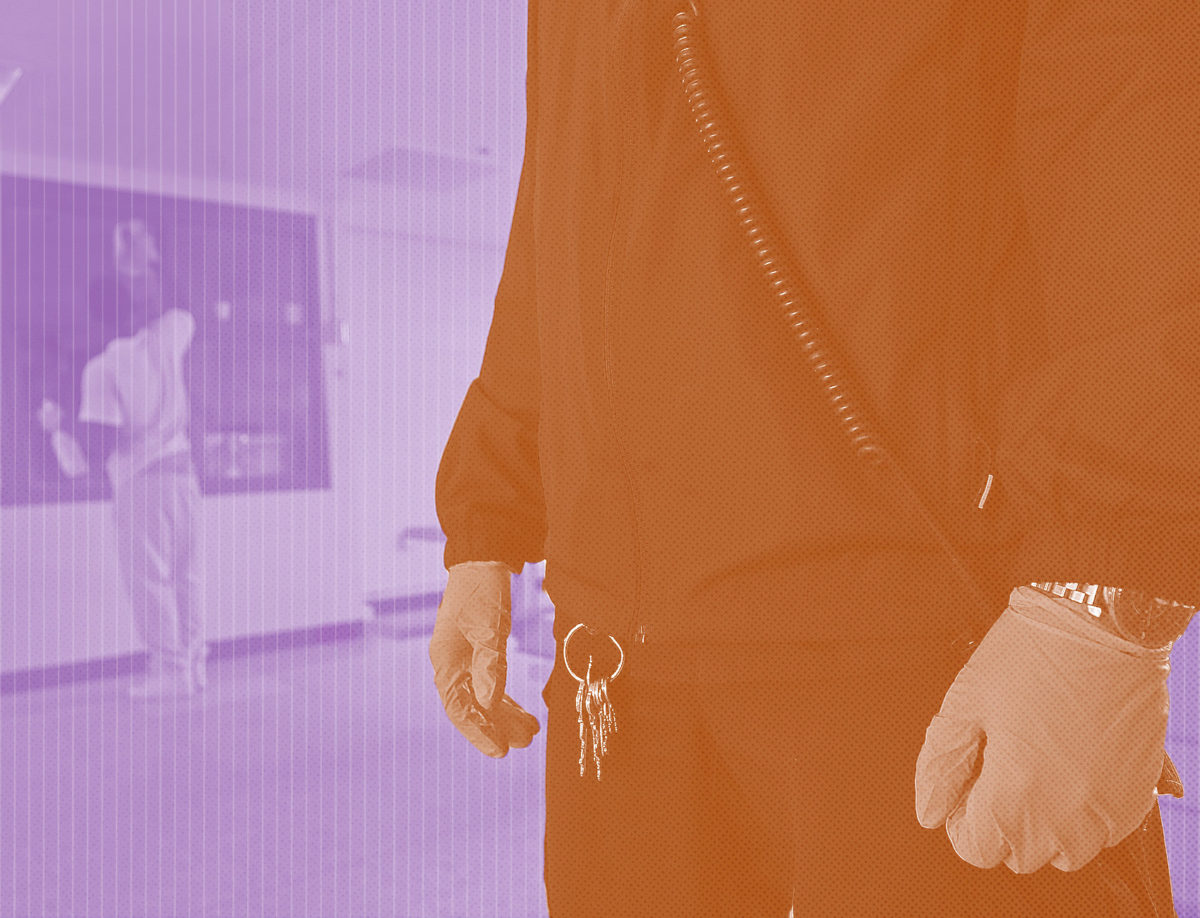
Hospitalized With COVID-19 and Handcuffed for Days
After a man incarcerated in a New Jersey state prison was hospitalized with COVID-19, he said he was handcuffed for 36 hours. The cuffs got tangled in his IV, causing it to rip out, he said. “It was so painful. You have no idea.”
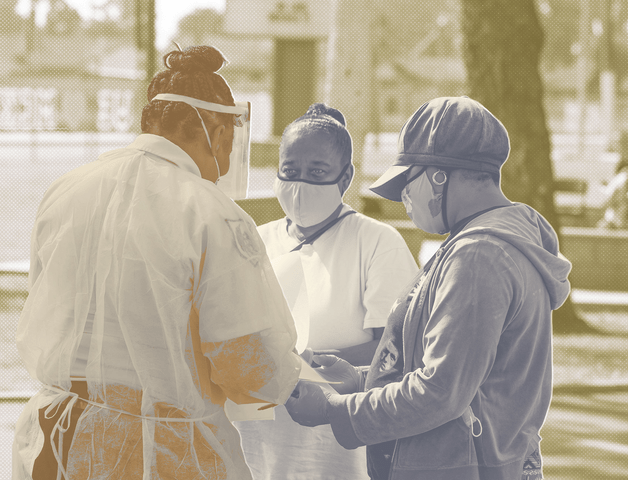
Why Is COVID-19 Hitting Black Communities Harder? Residential Segregation Is a Key Factor.
Segregation not only increases individuals’ exposure to the novel coronavirus, it also leaves them more susceptible to its effects and limits the quality of care they will receive, experts say.
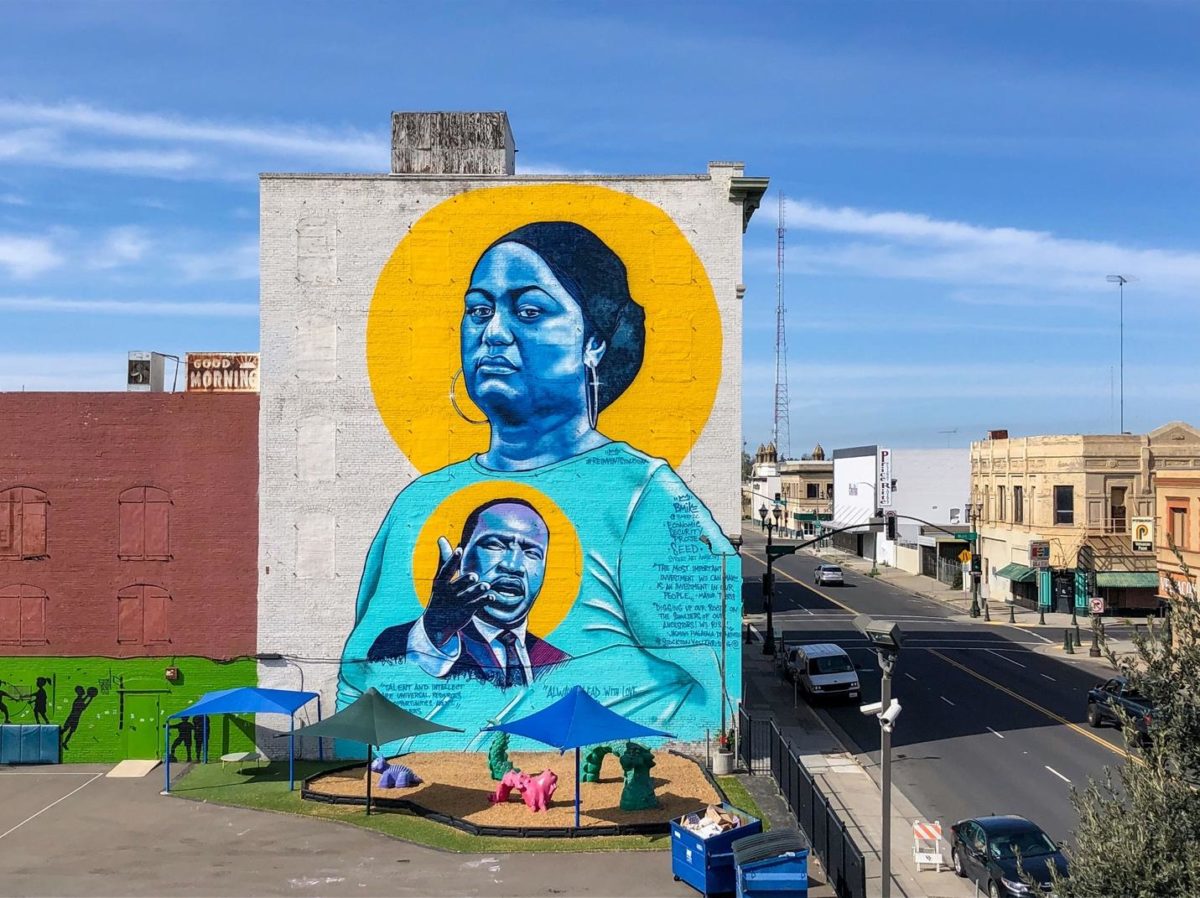
Universal Basic Income Is A Path To A More Just Economy. One California City Is Already Seeing Positive Results.
The pandemic is making it clear that it’s time to radically rethink the social contract.
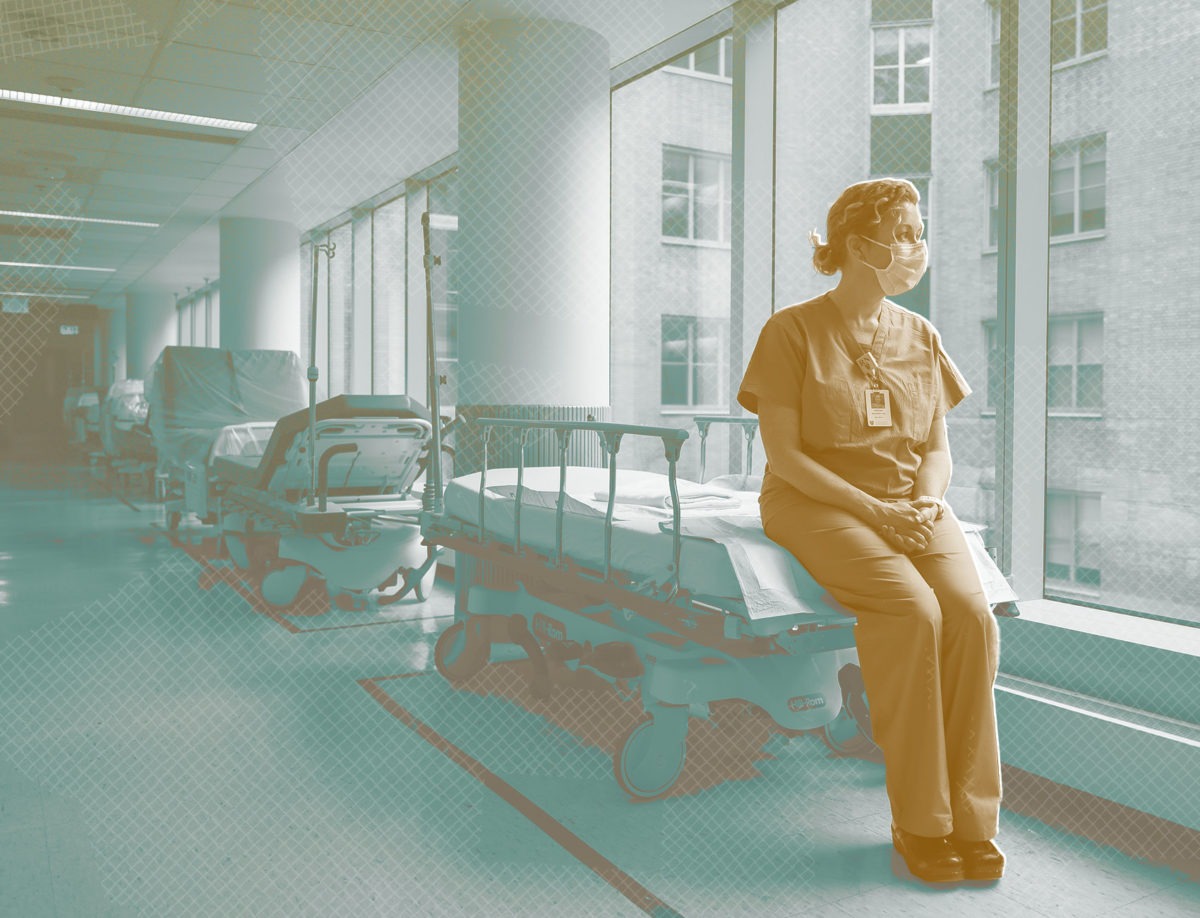
The Case For Universal Healthcare During A Pandemic
An overwhelming majority of Americans support the federal government paying all healthcare costs for the duration of the coronavirus emergency.
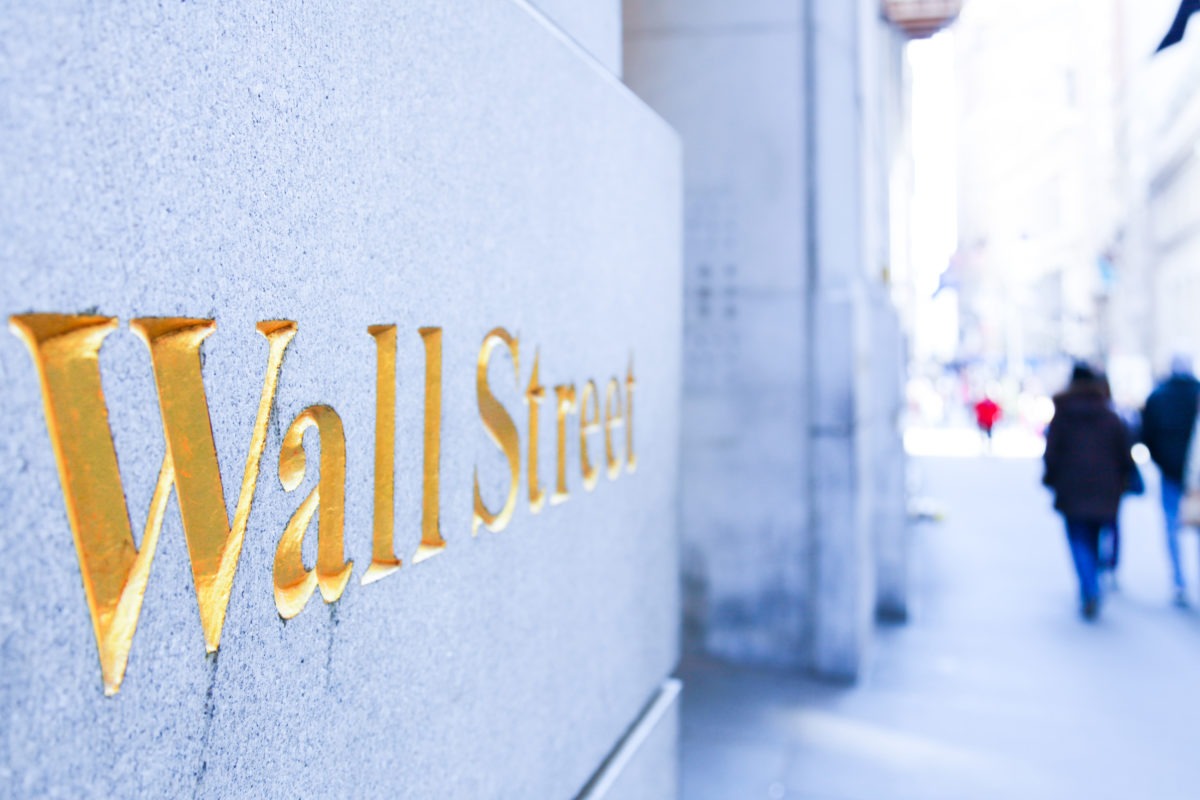
The Case For A Temporary Merger Ban For America’s Largest Companies
Americans overwhelmingly support imposing a merger moratorium on large corporations and private equity firms.
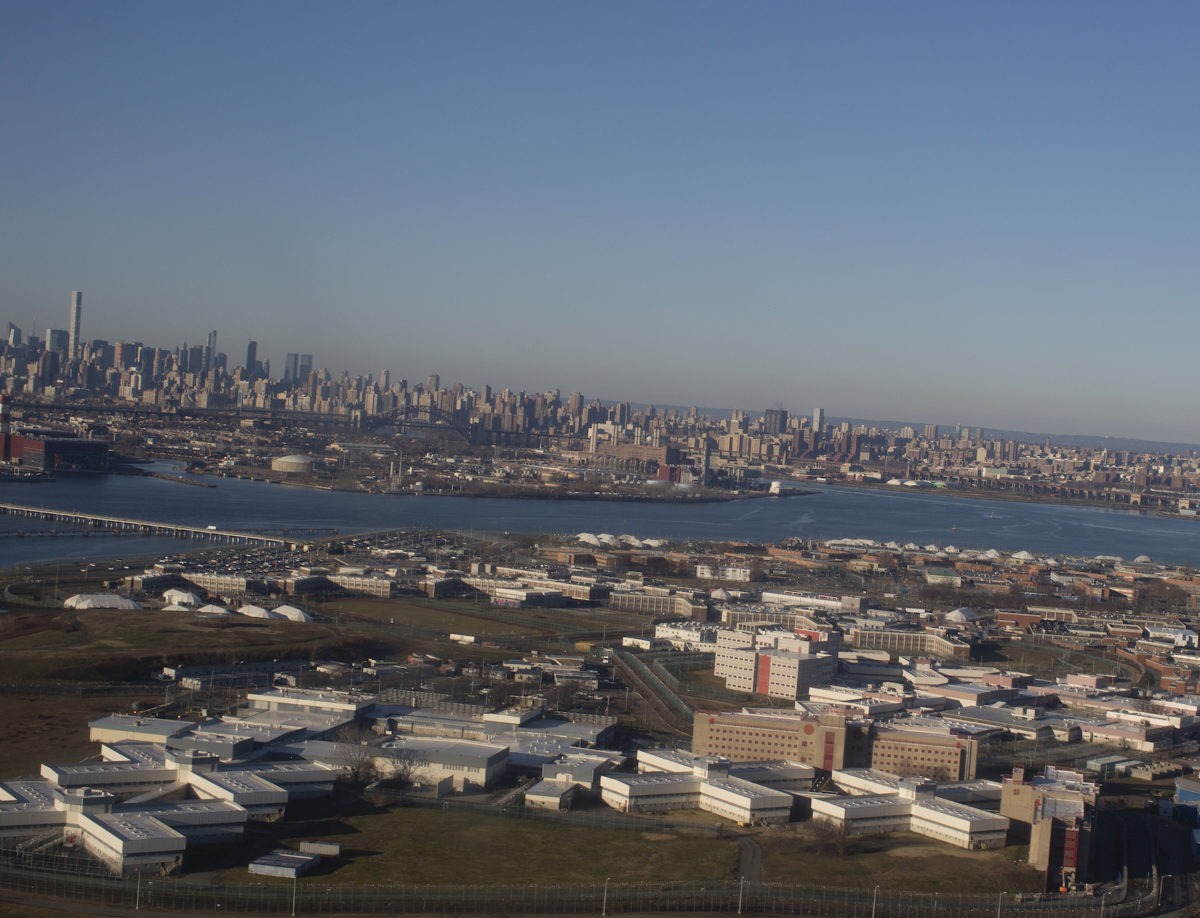
A Man With Coronavirus Symptoms At Rikers Island Describes His Ordeal
‘I would go to the hospital very often and they wouldn’t do anything for me.’
